Our Faculty
Great answers only come to those who ask great questions. And only researchers who possess the highest levels of intellectual confidence and perception ask great questions.
Your journey of discovery is guided by our professors that are internationally recognized for their cutting-edge research, and their leadership in their respective management domains. Many of our professors hold prestigious fellowships, professorships and research chairs; serve as editors and reviewers for leading international journals and granting agencies; advise companies and governments. They are looking to work with enquiring, hardworking, and ambitious students who are willing to take on innovative approaches to managerial problems, push back the limits of knowledge, and help organizations strive.
When you work with our leading professors, they will also guide you in writing research papers to present at renowned conferences and publish in high-impact academic journals. Our Graduate Student Services Centre will assist you in preparing grant applications for prestigious external scholarships such as OGS and Tri-Council funding.
Leading Researchers with whom you could work
Here is a list of potential MSc in Management supervisors:
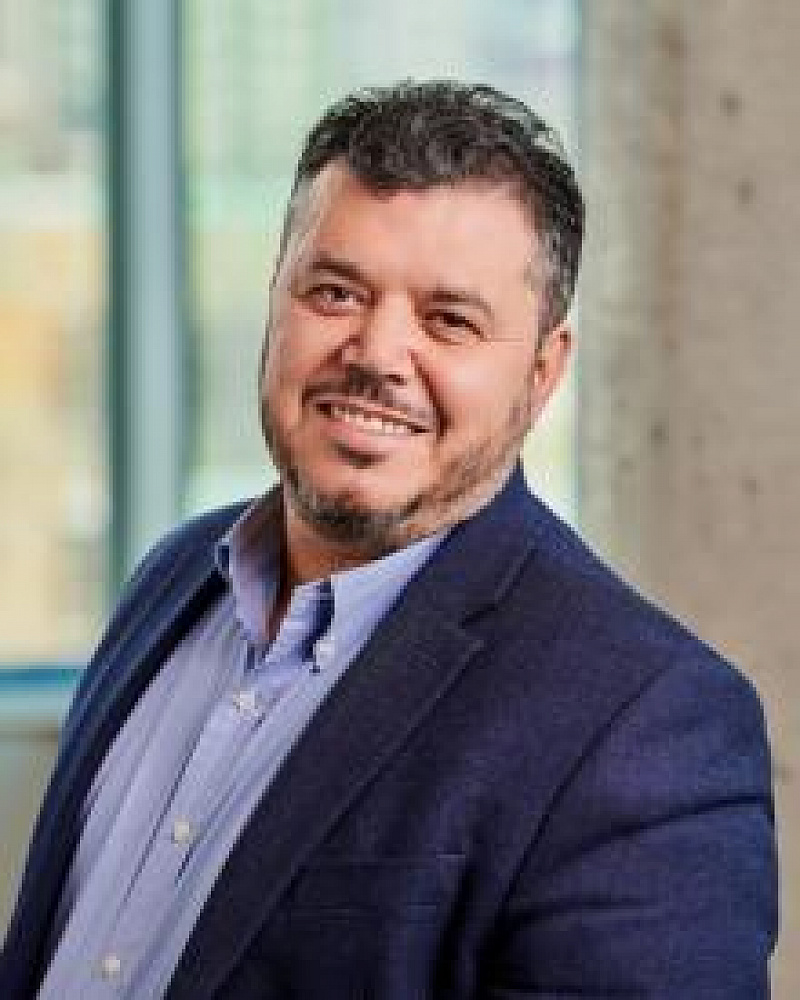
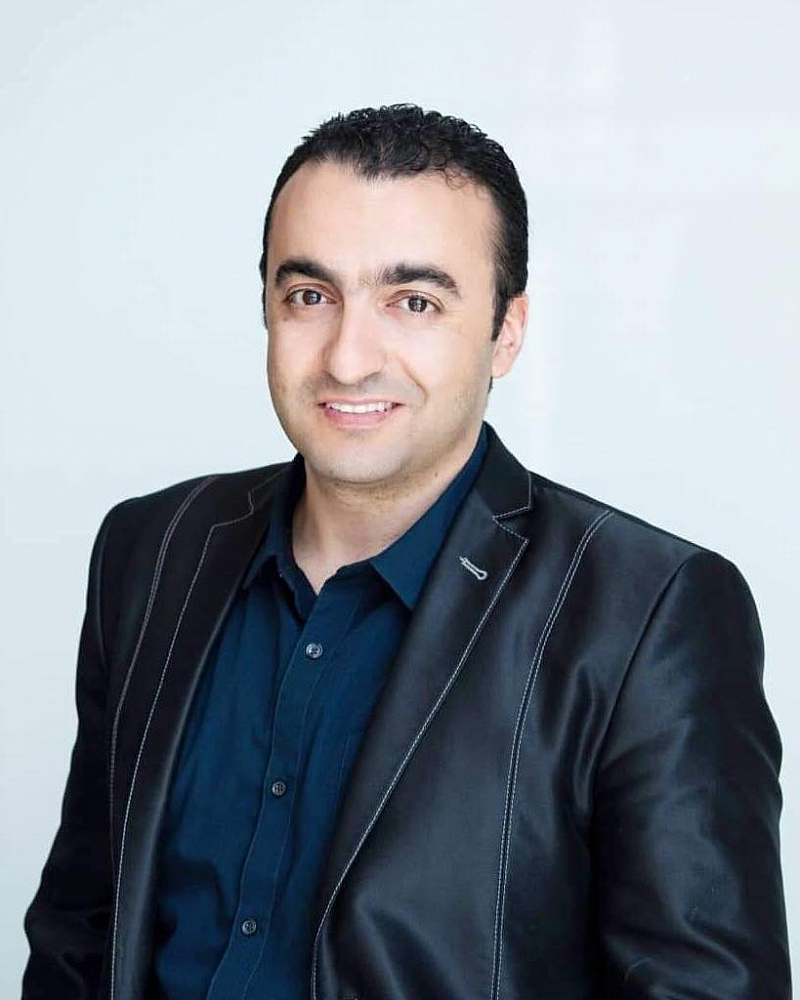
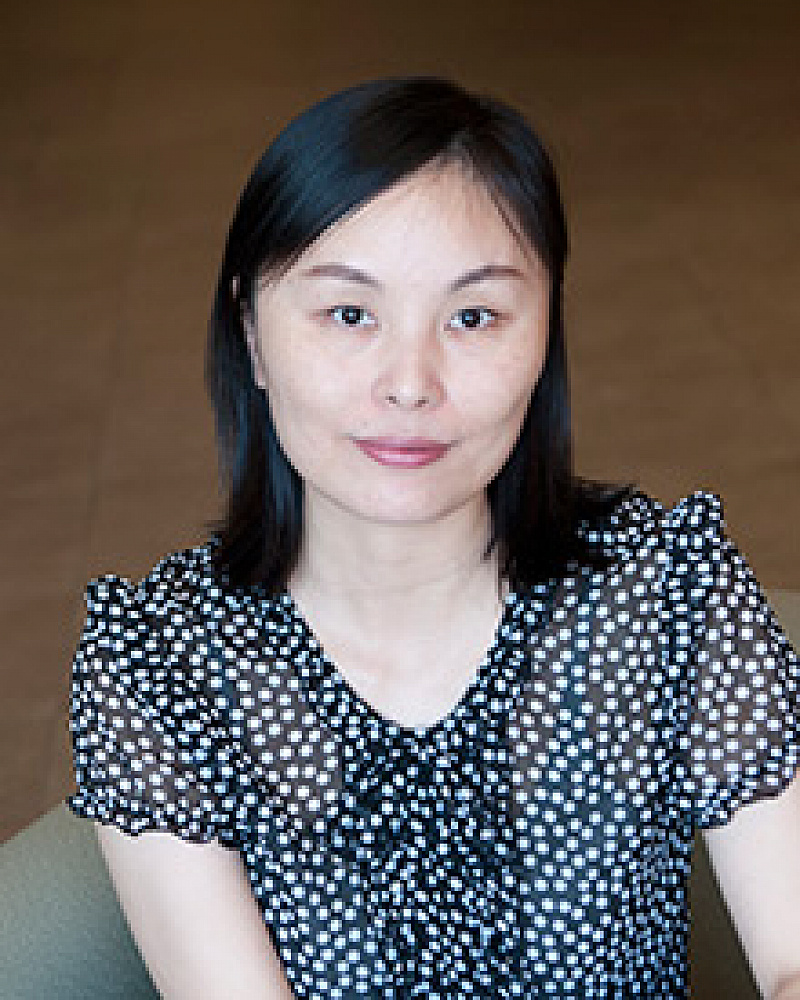
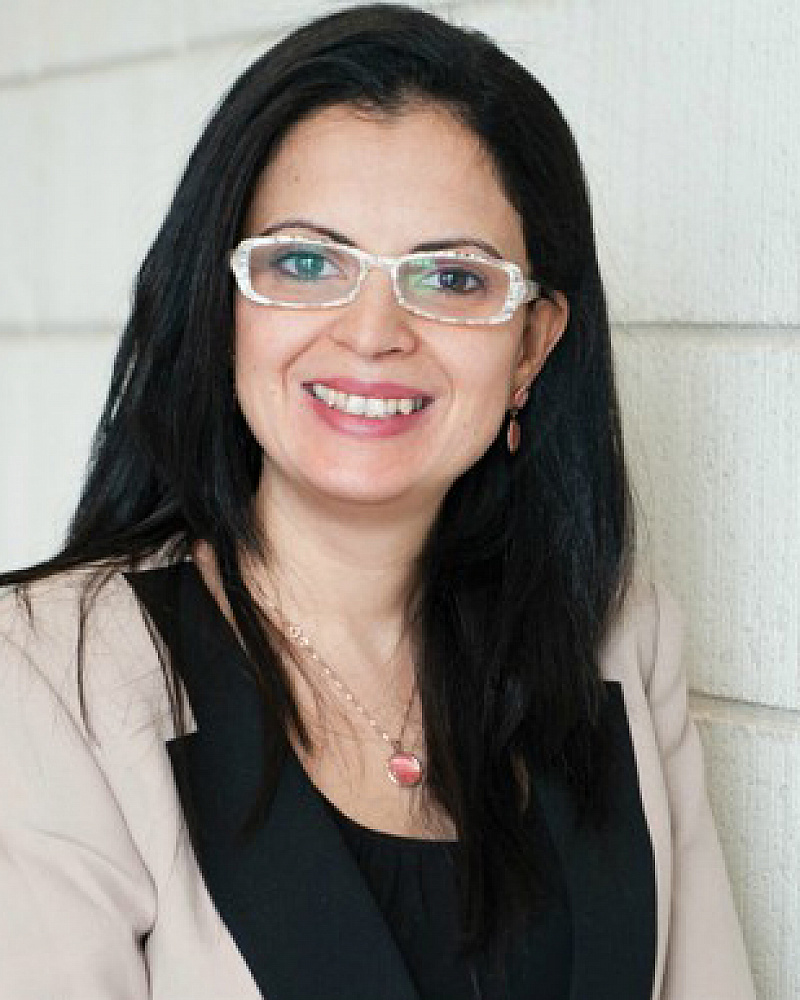
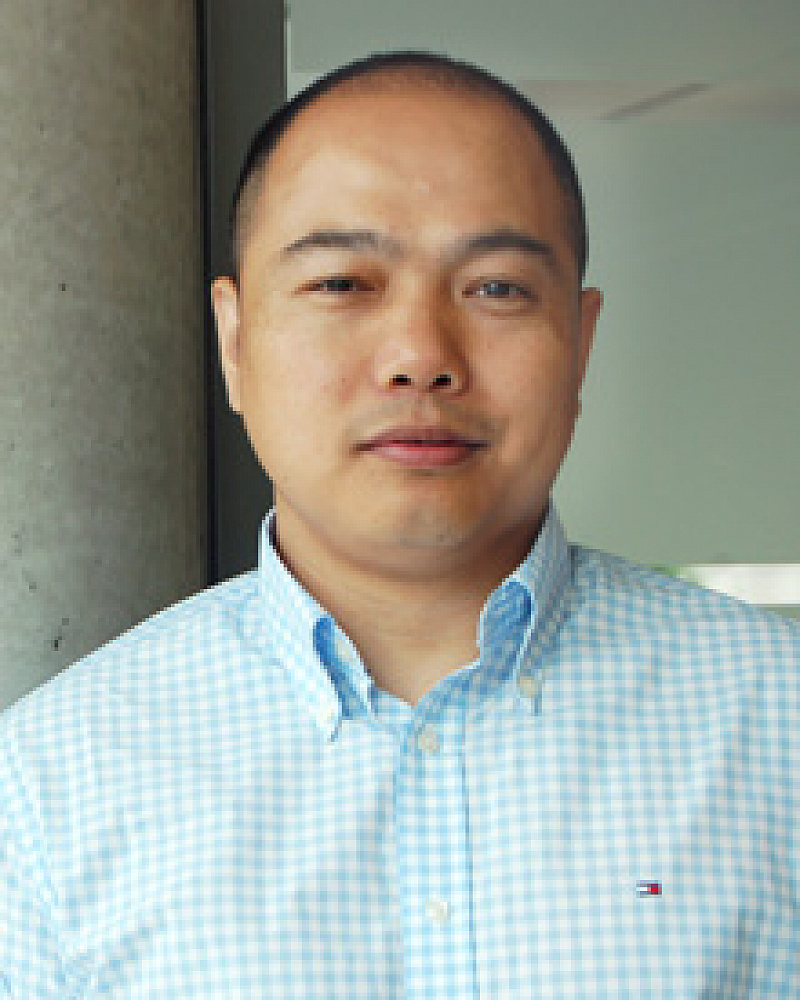
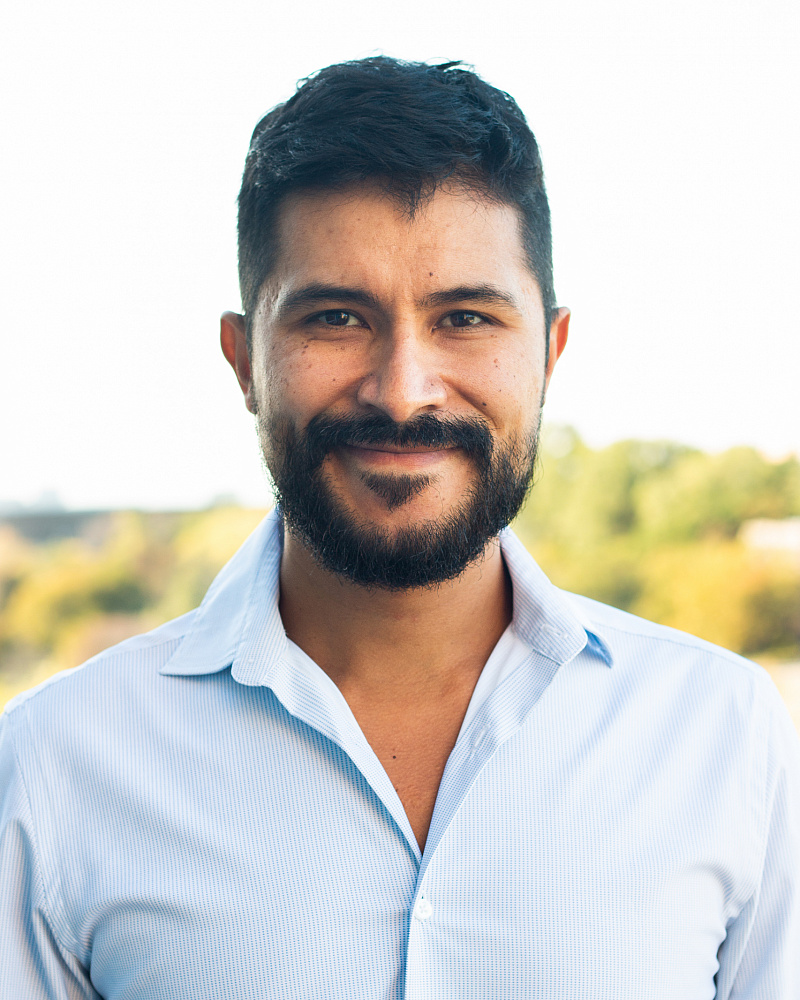
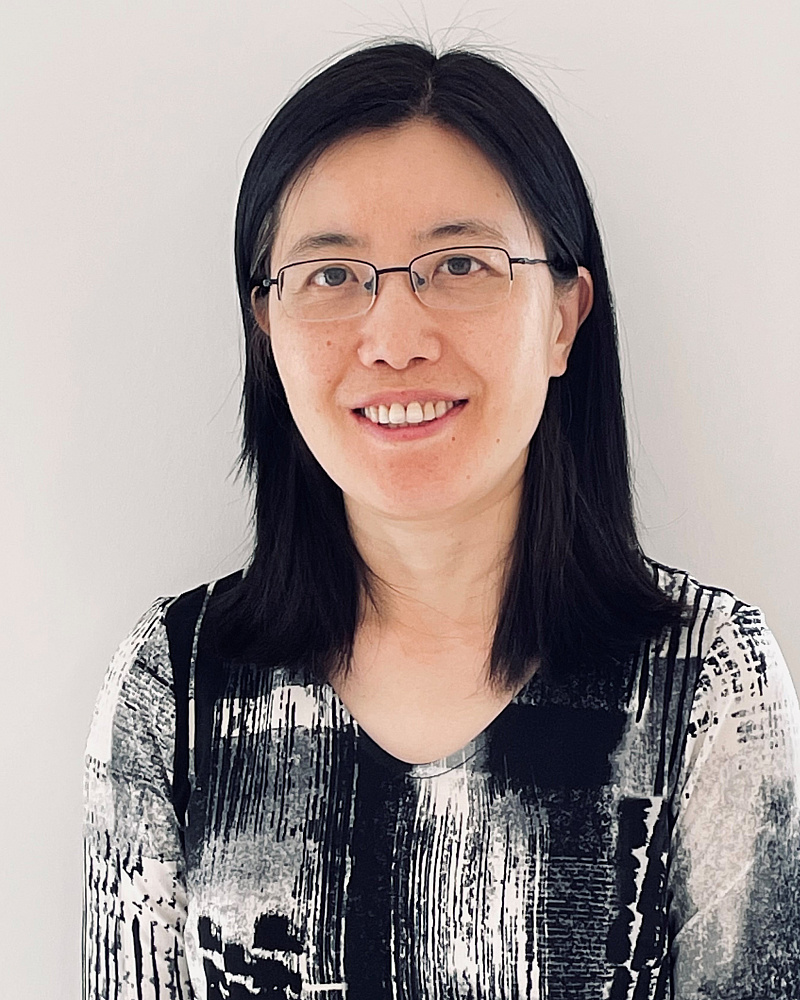
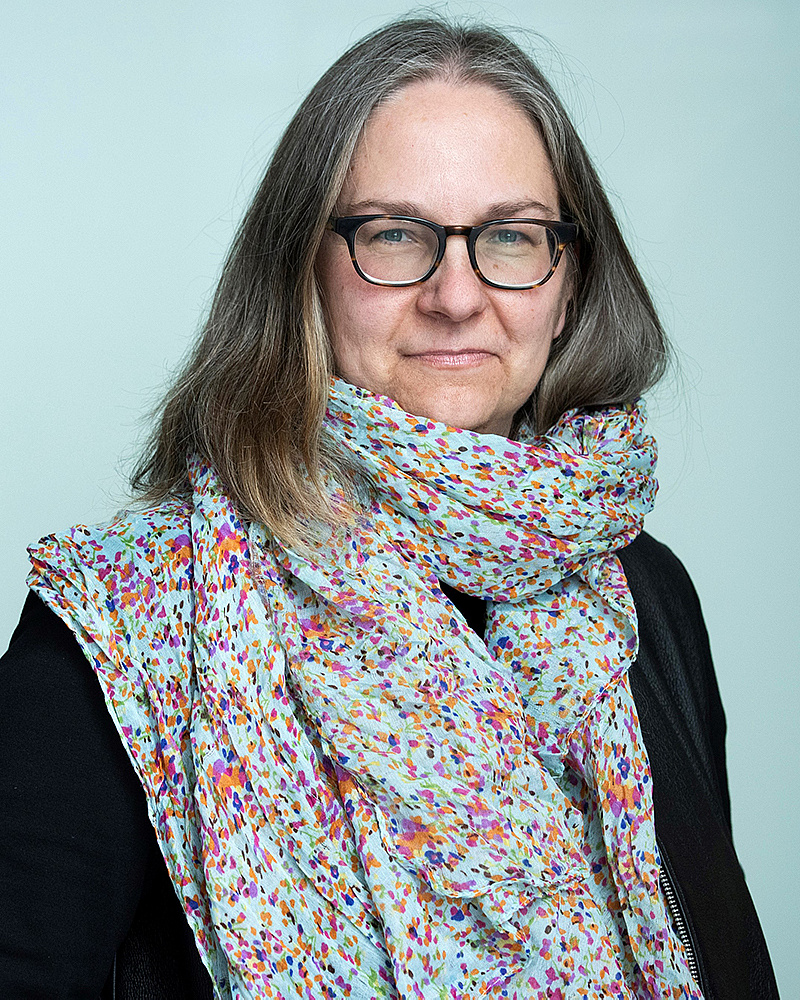
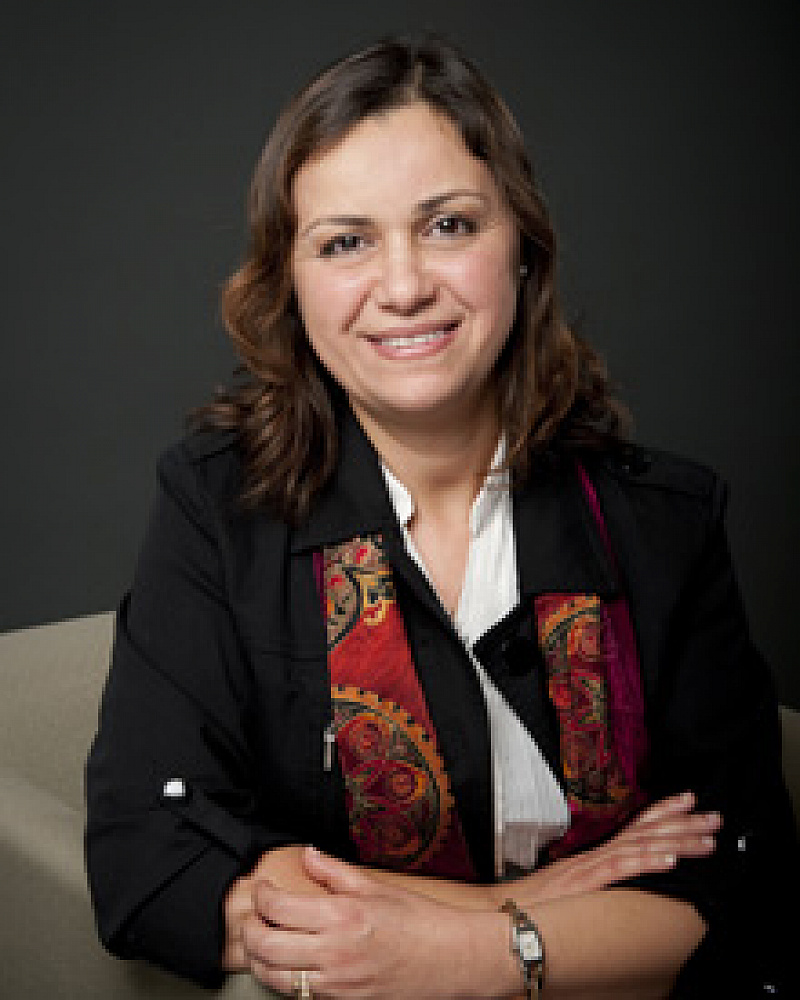


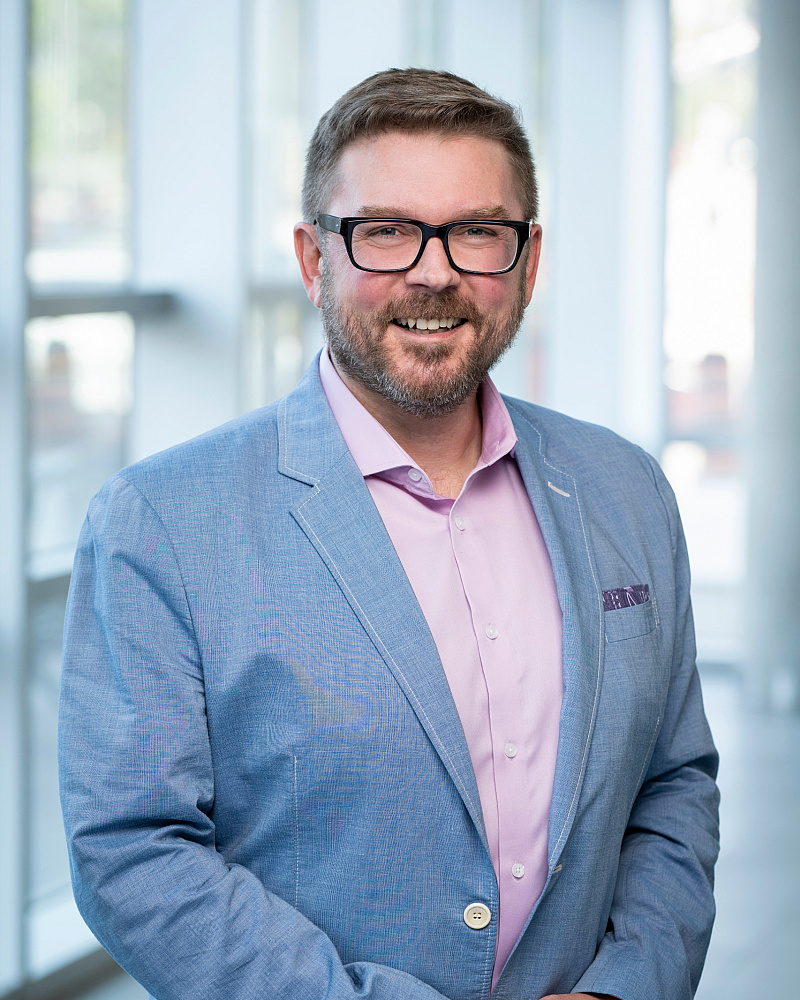
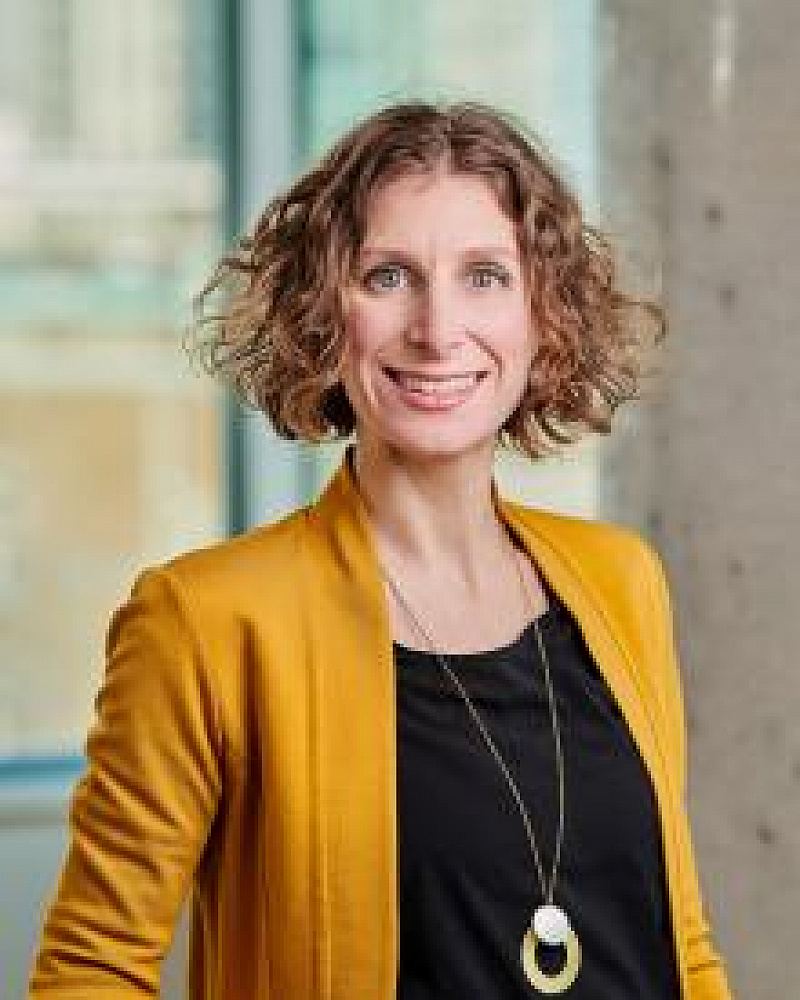
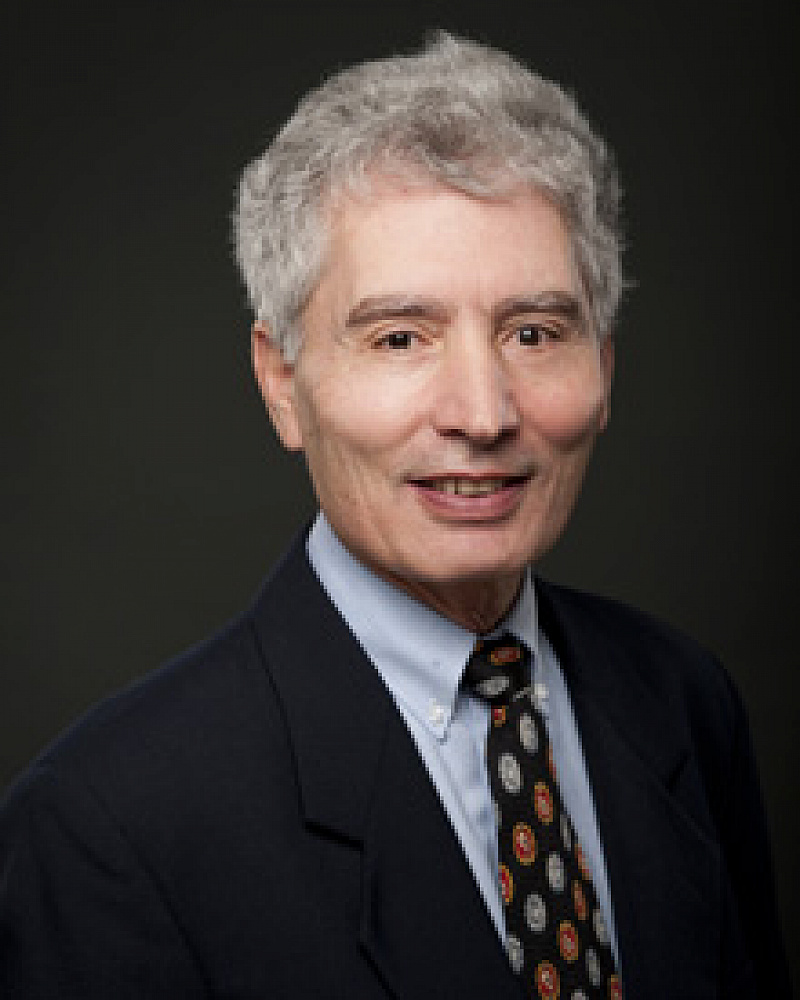
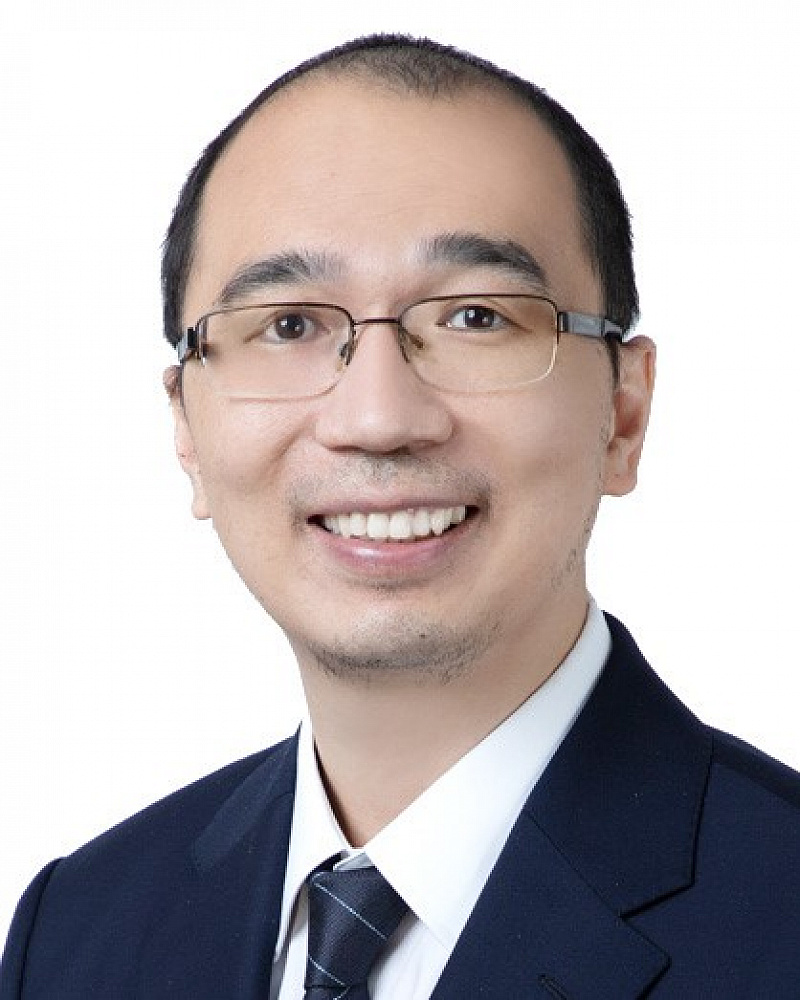
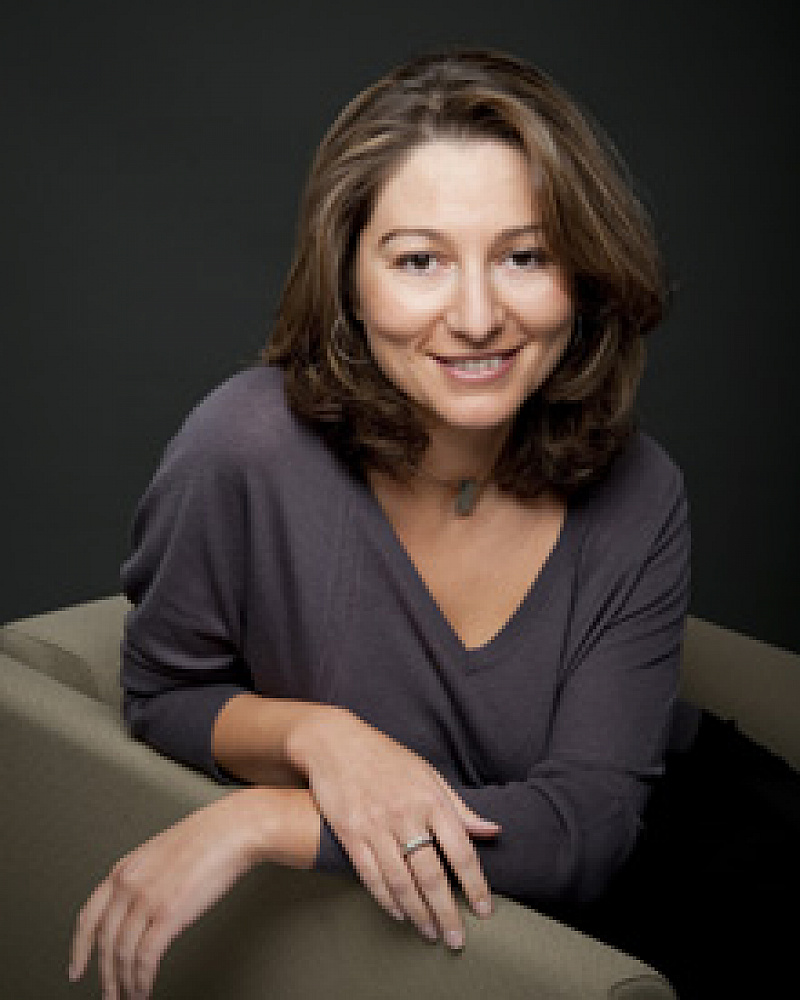
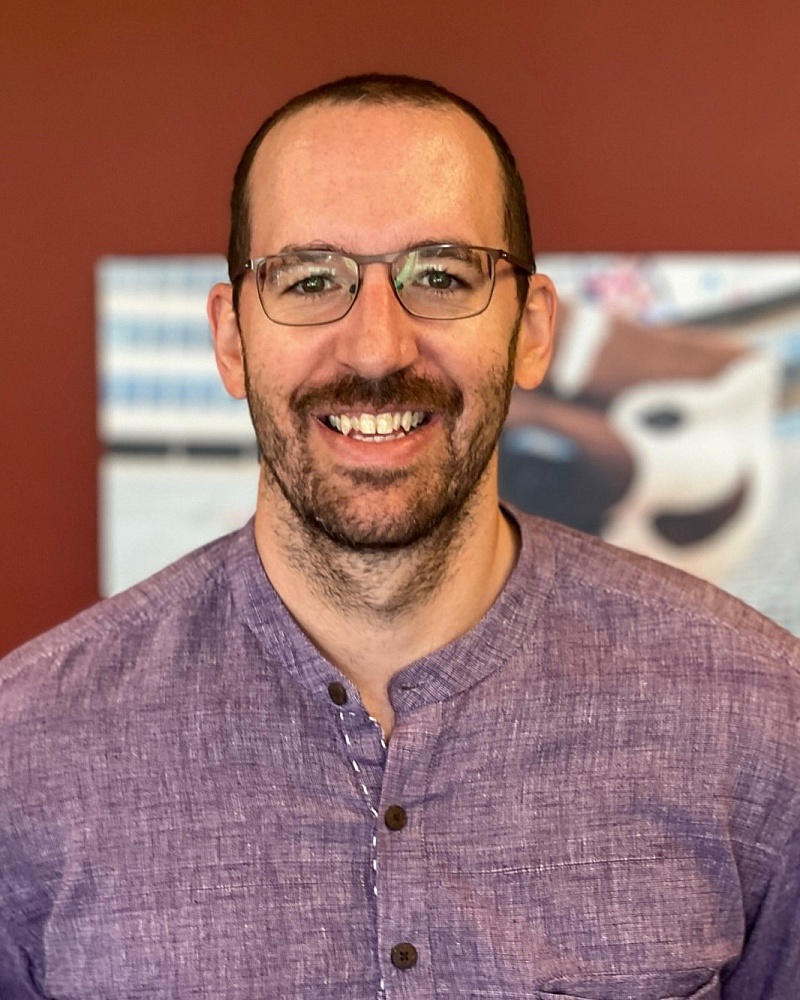
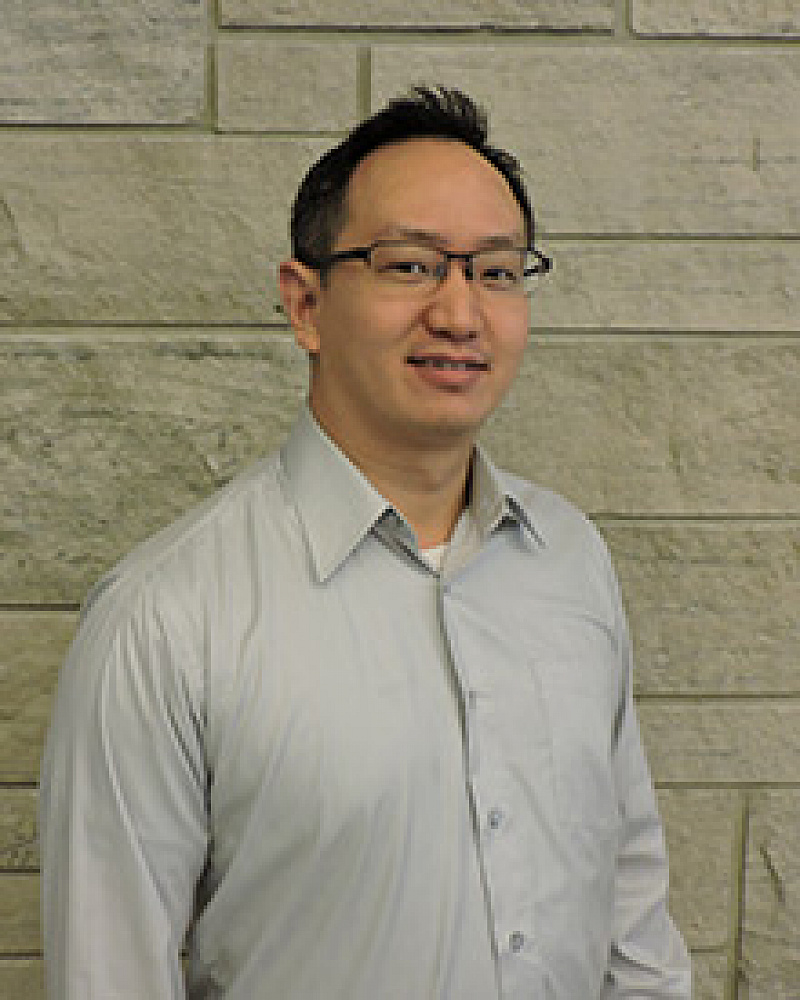
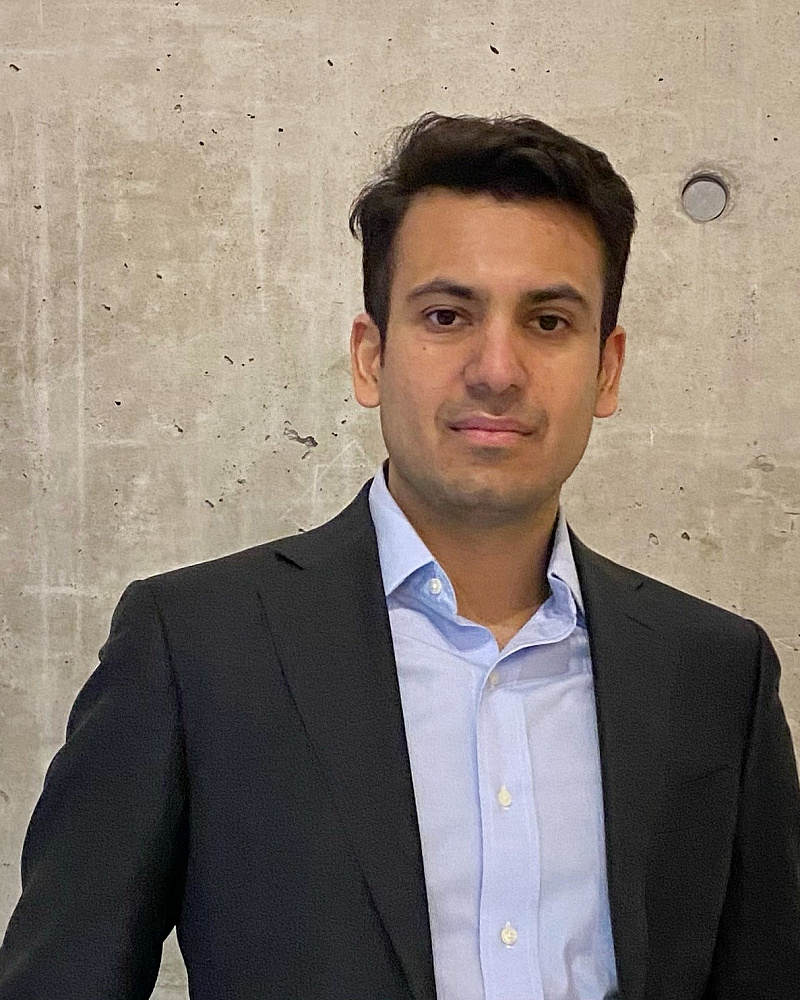
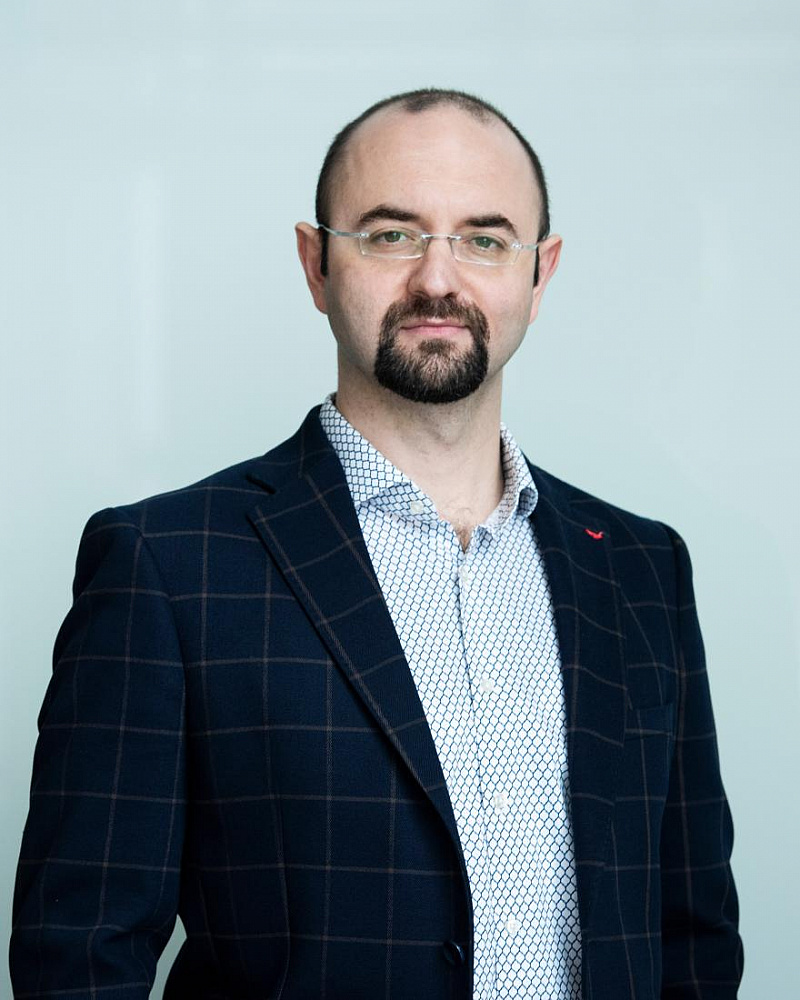

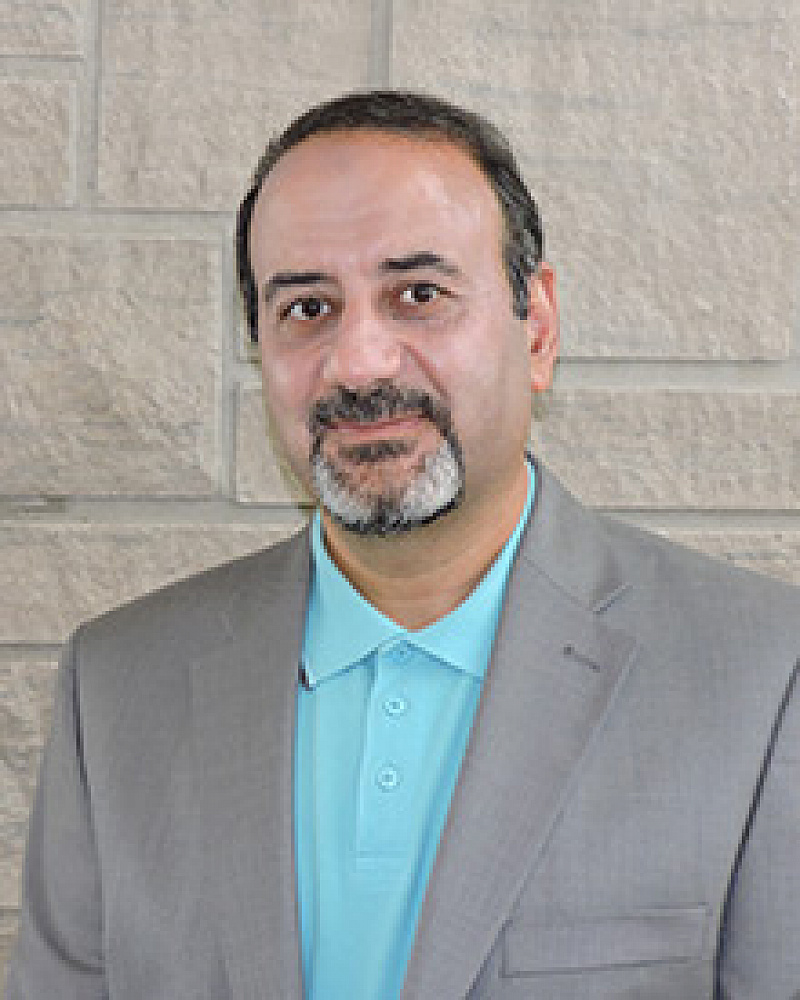
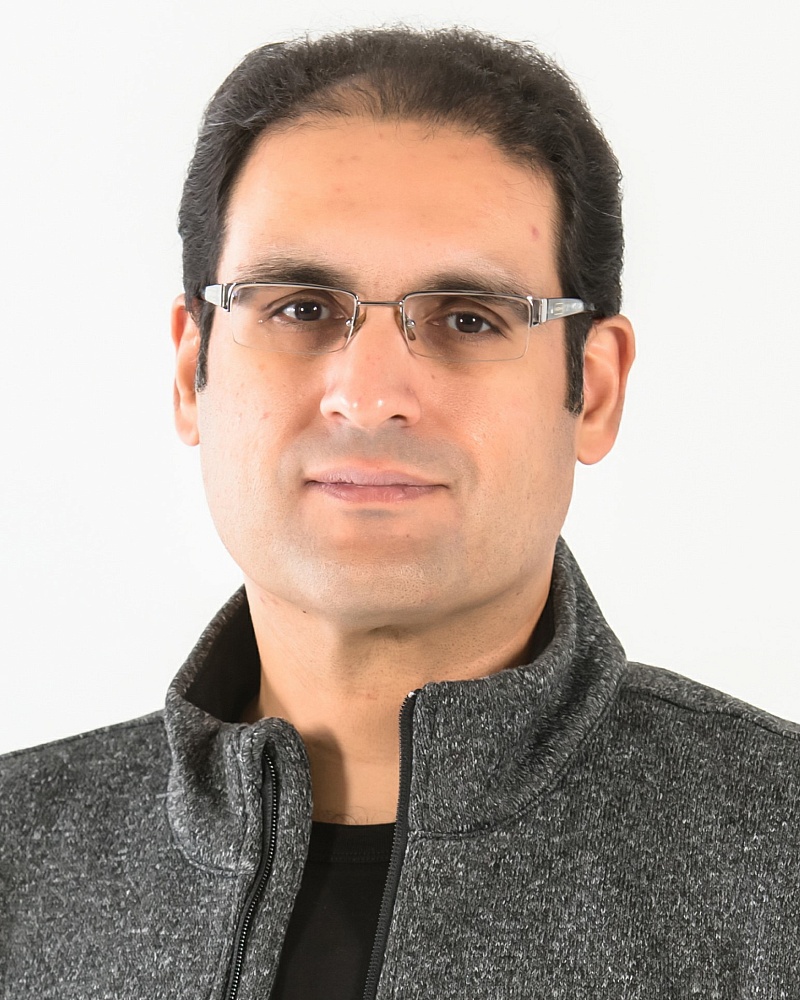
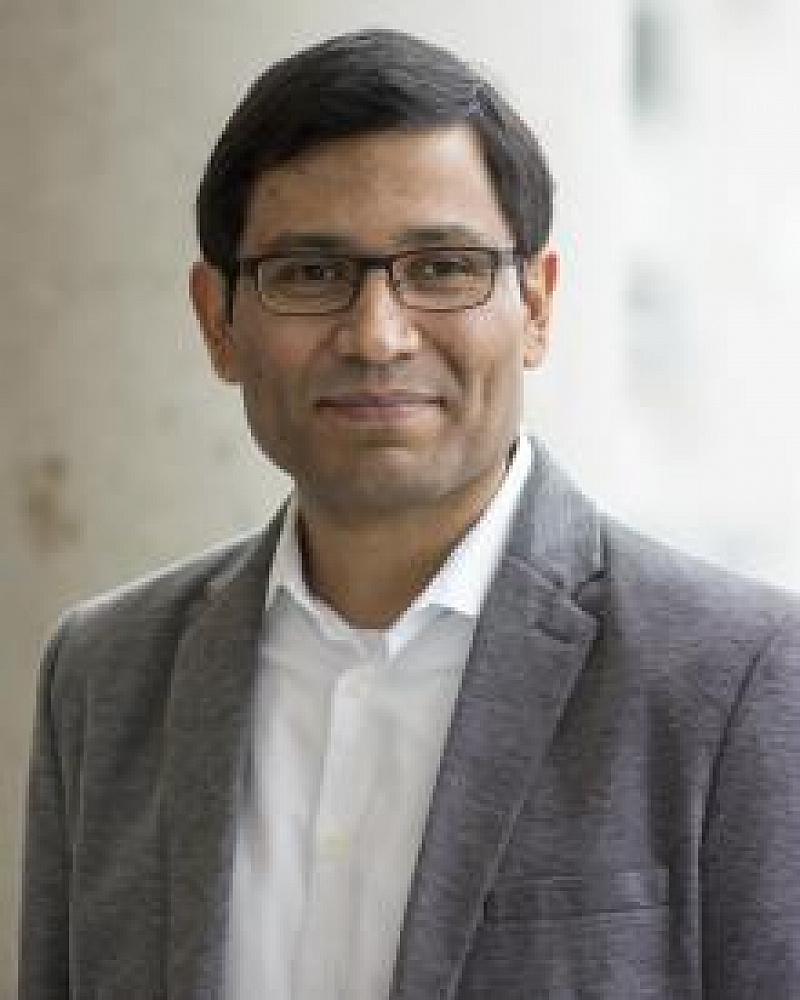
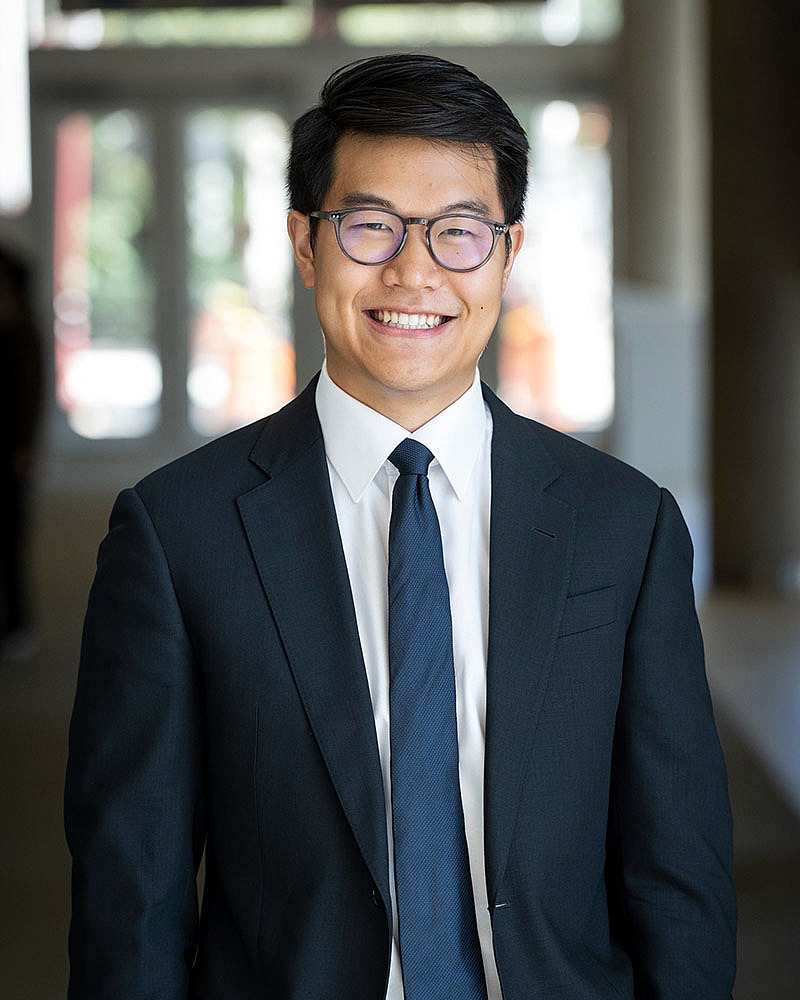
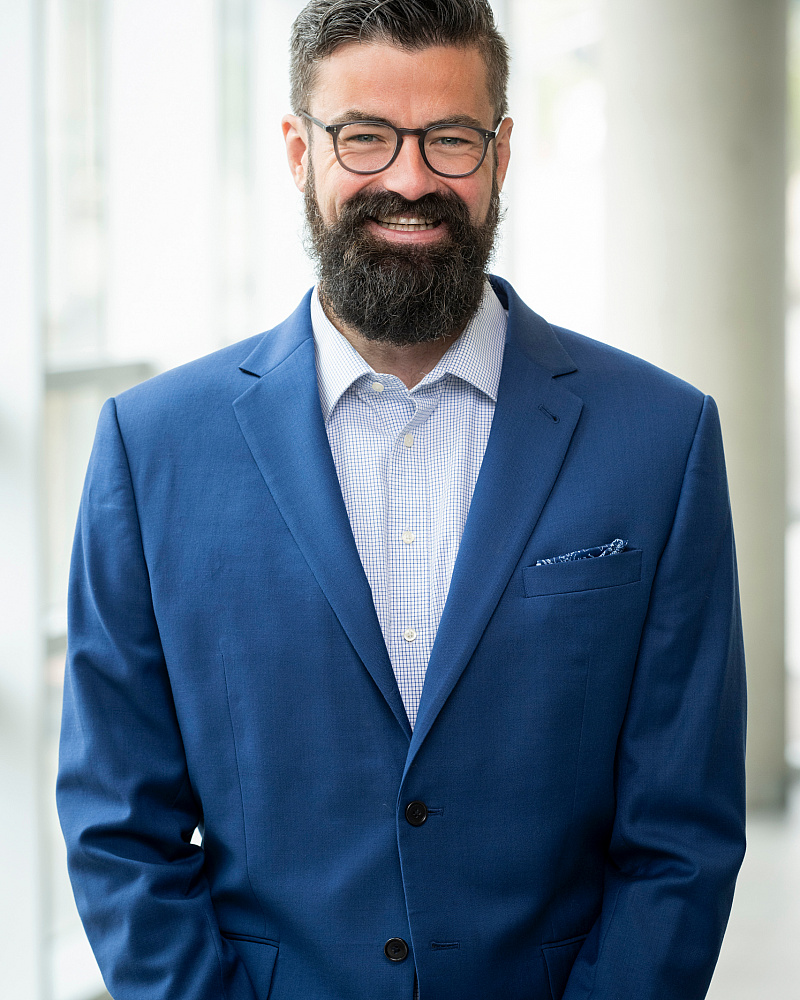
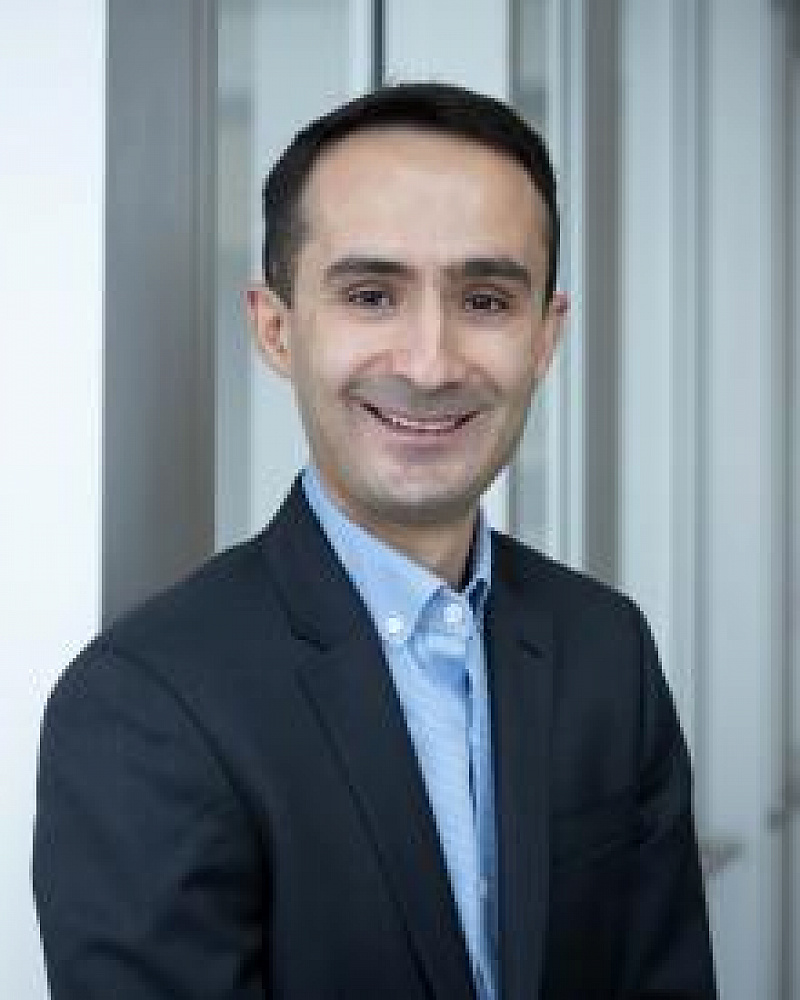
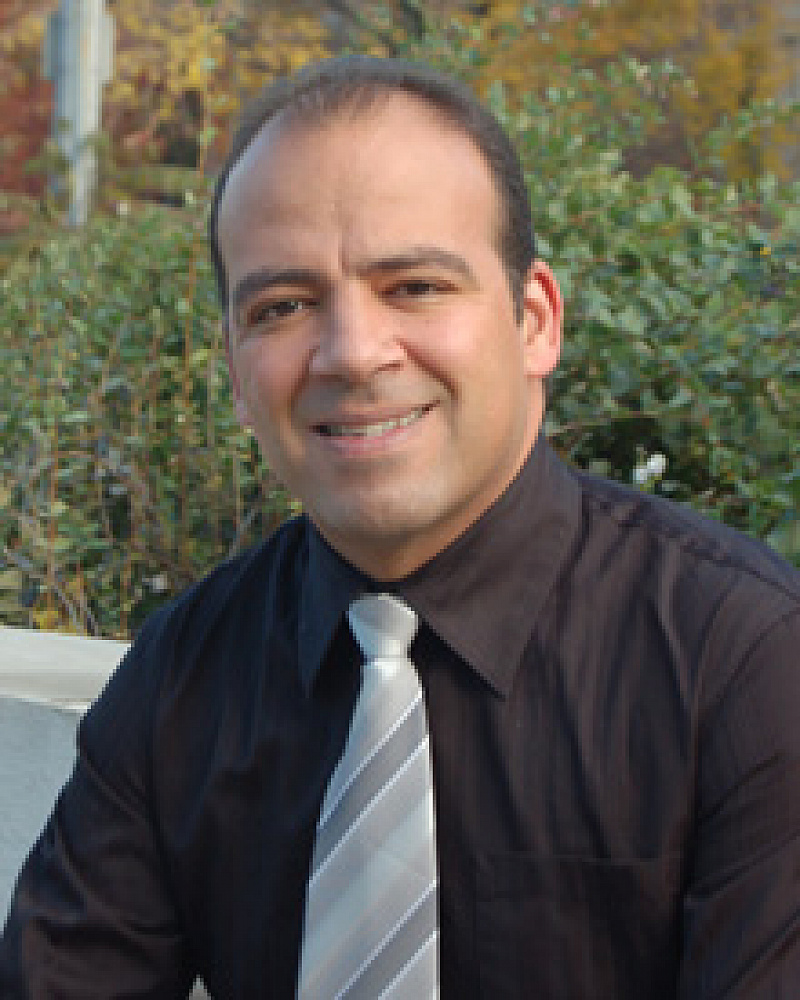
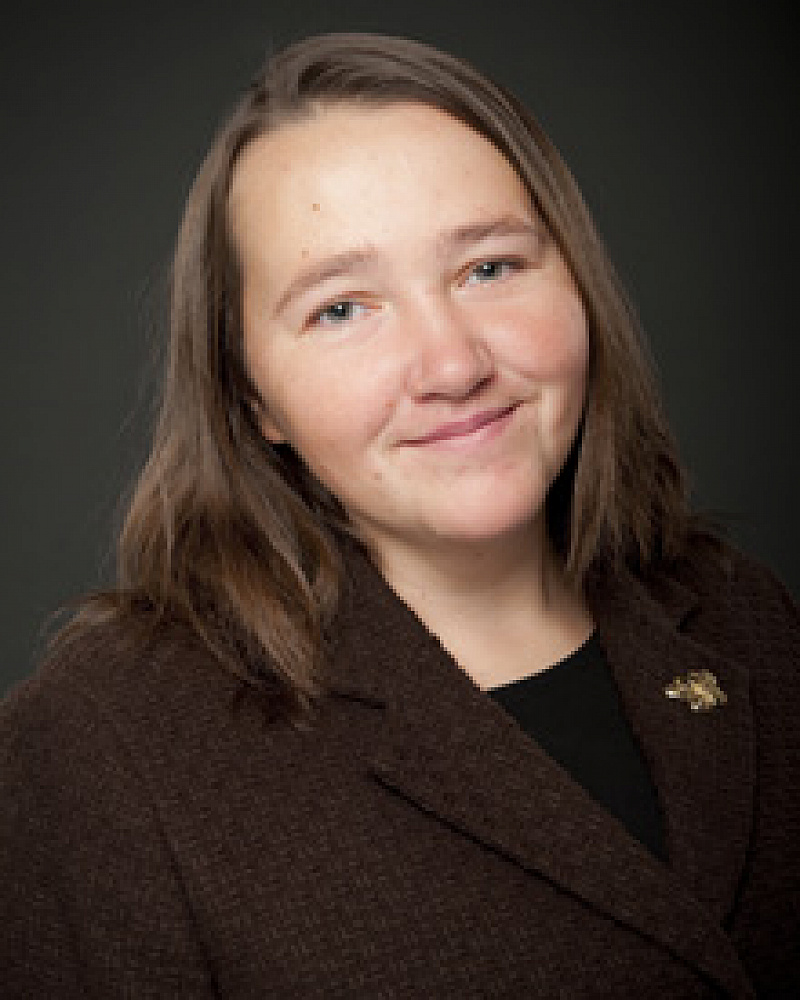
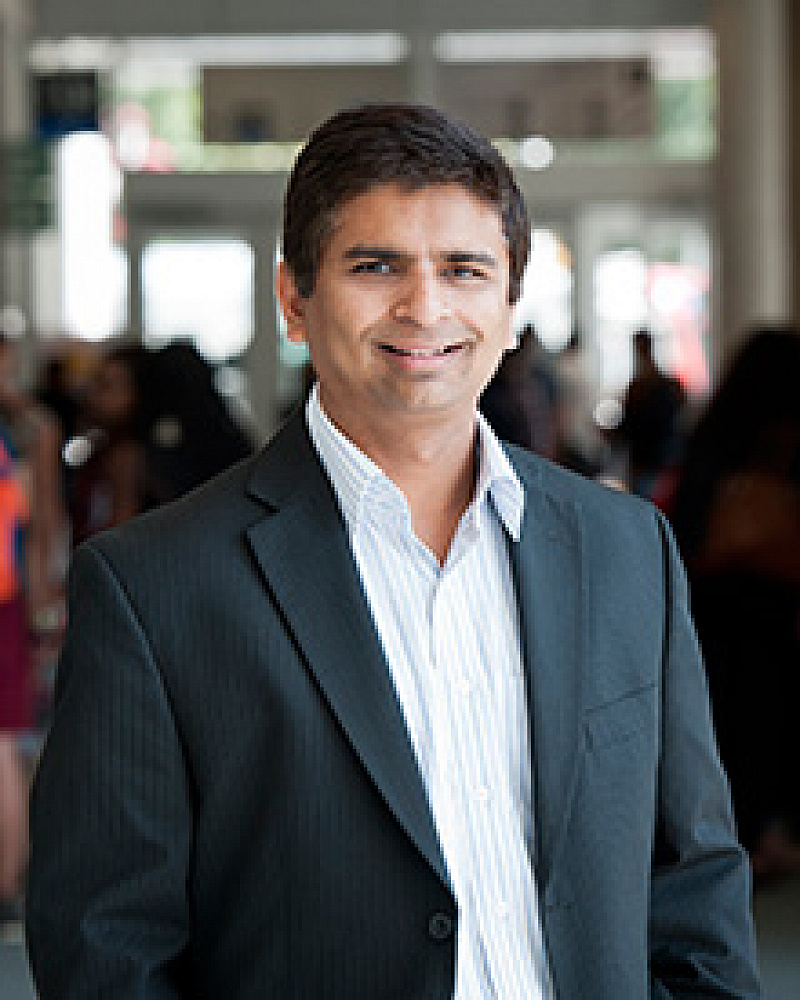
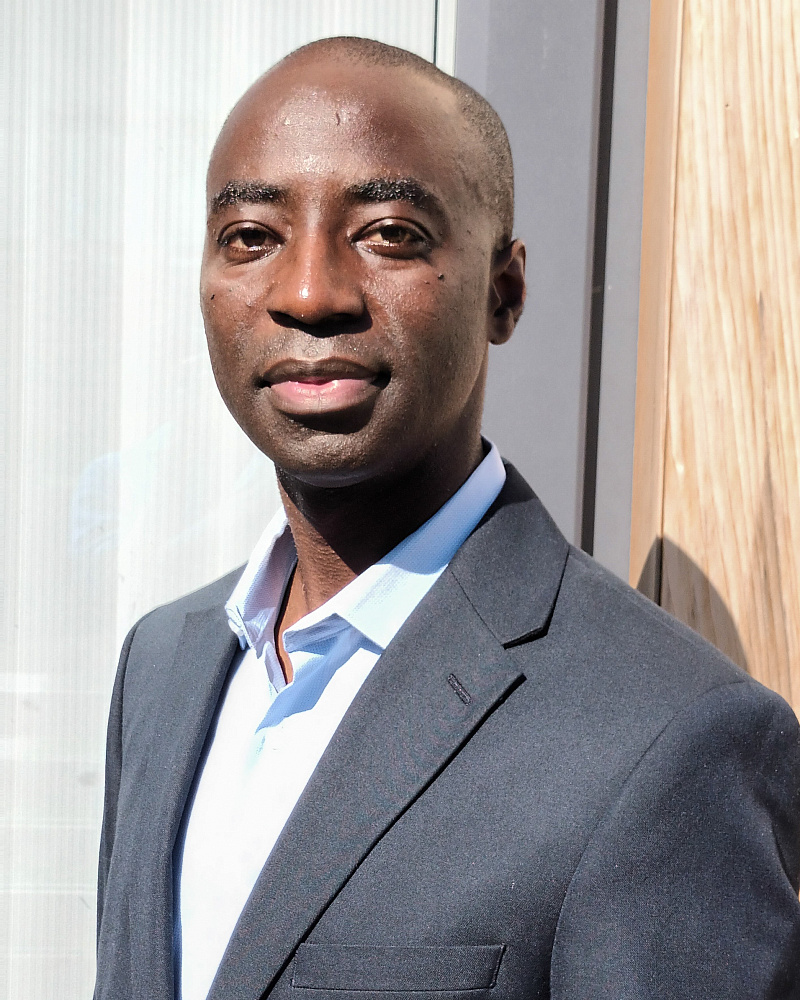
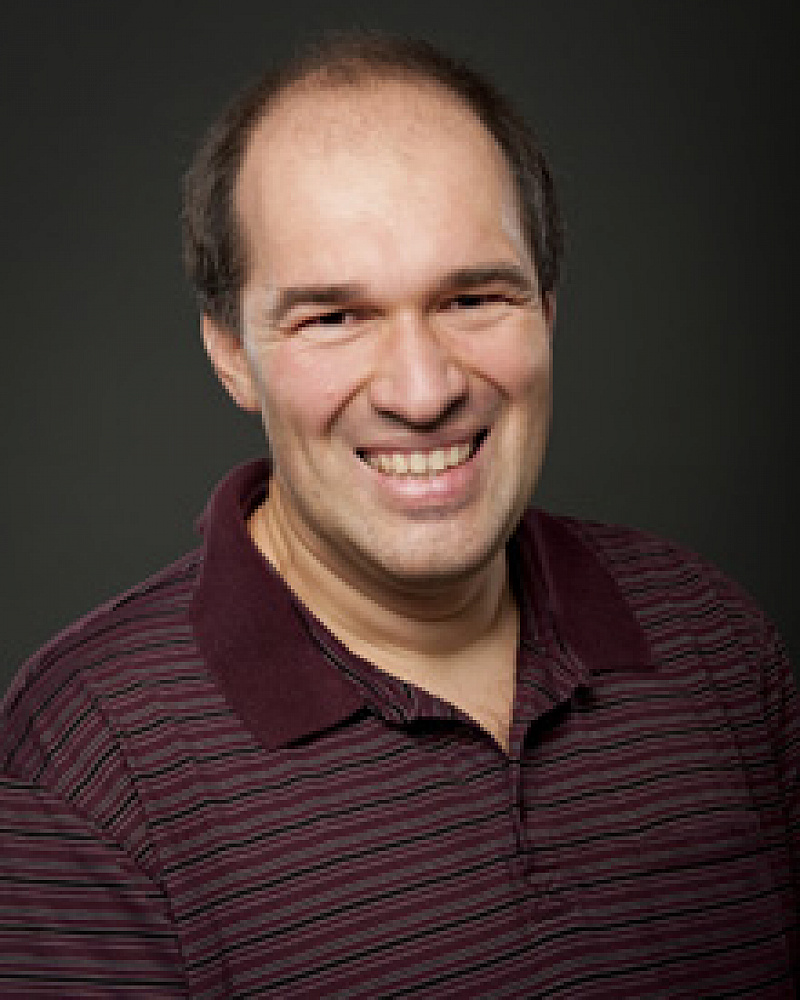


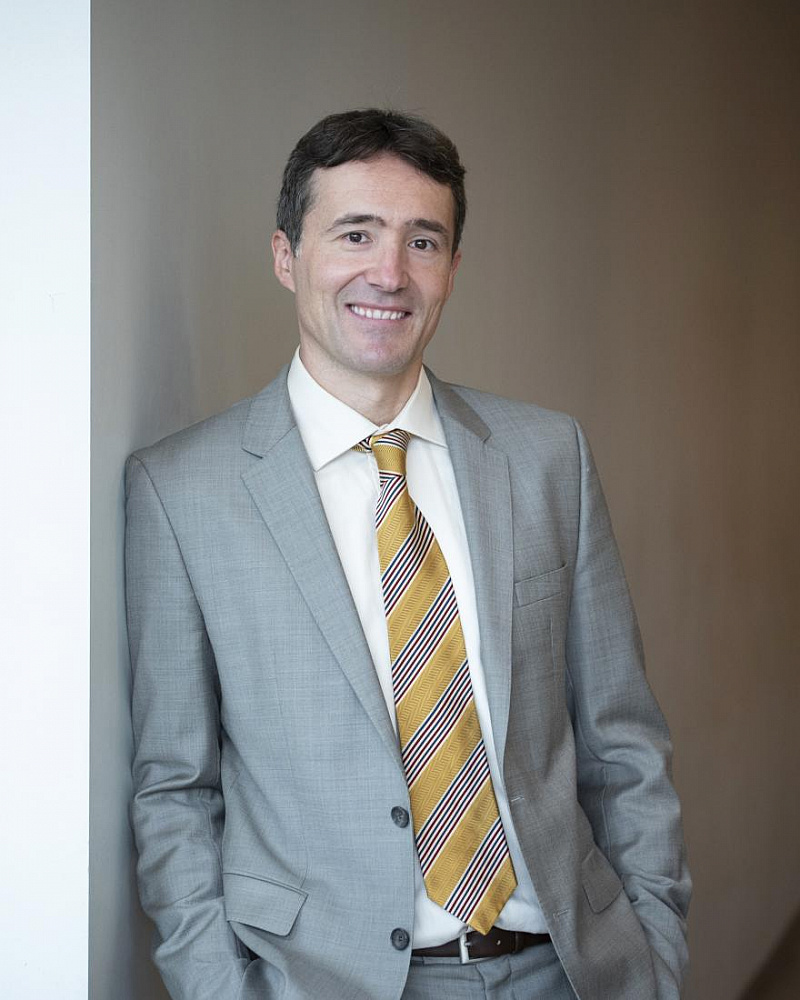
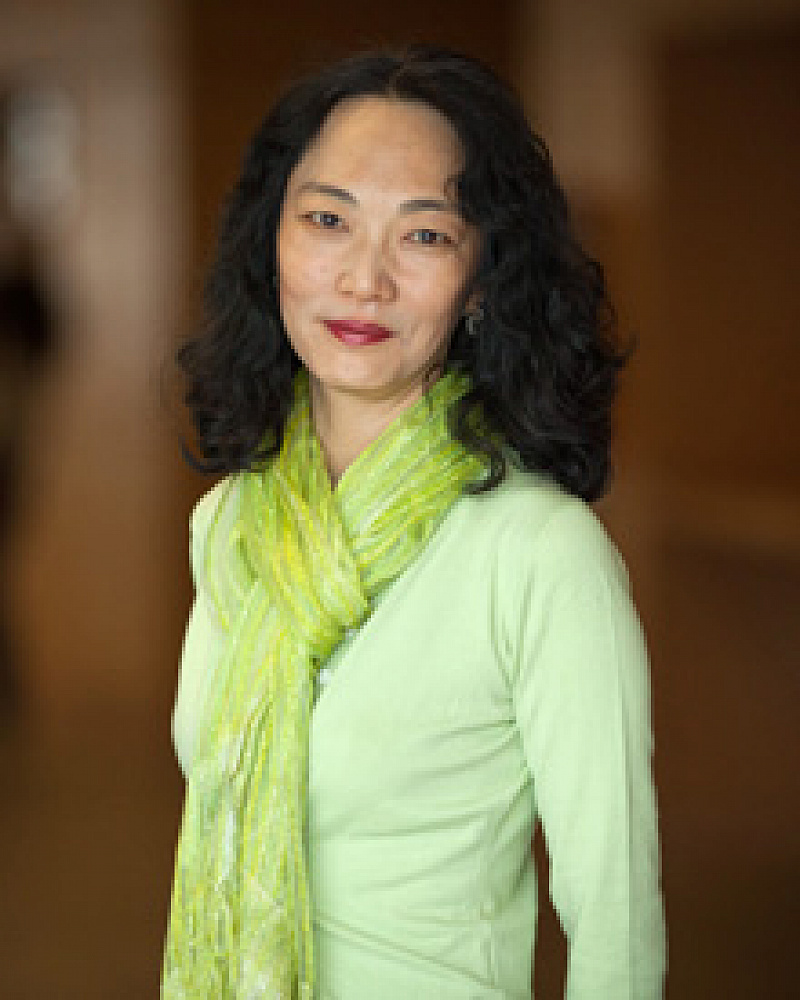
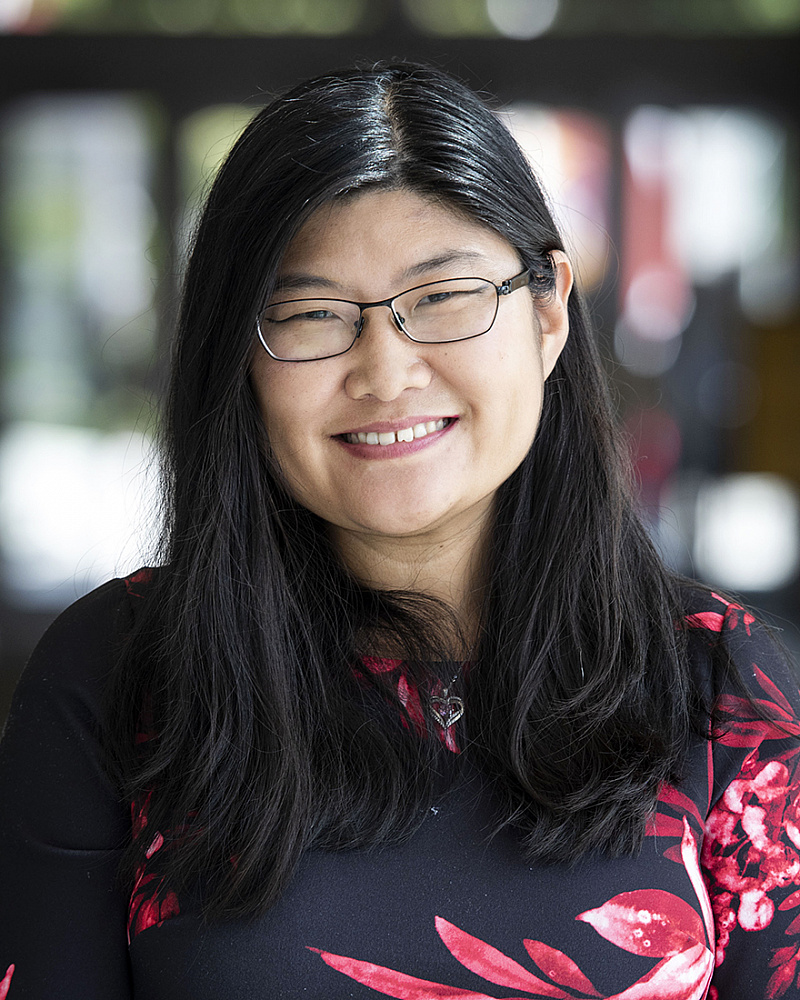
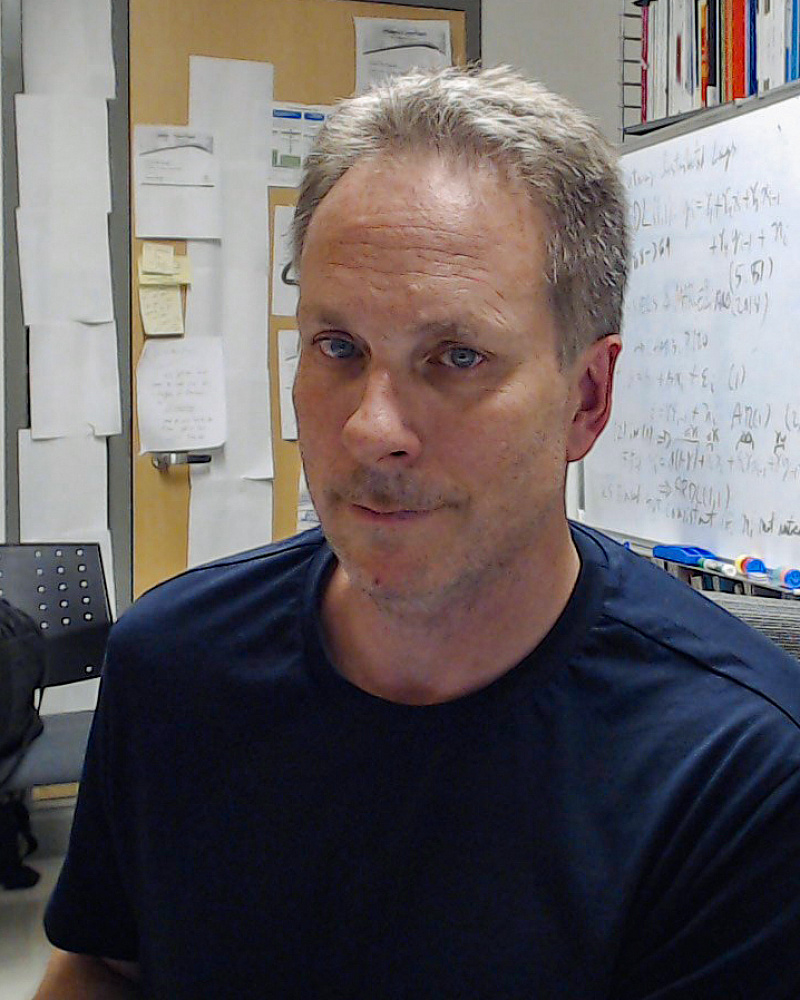
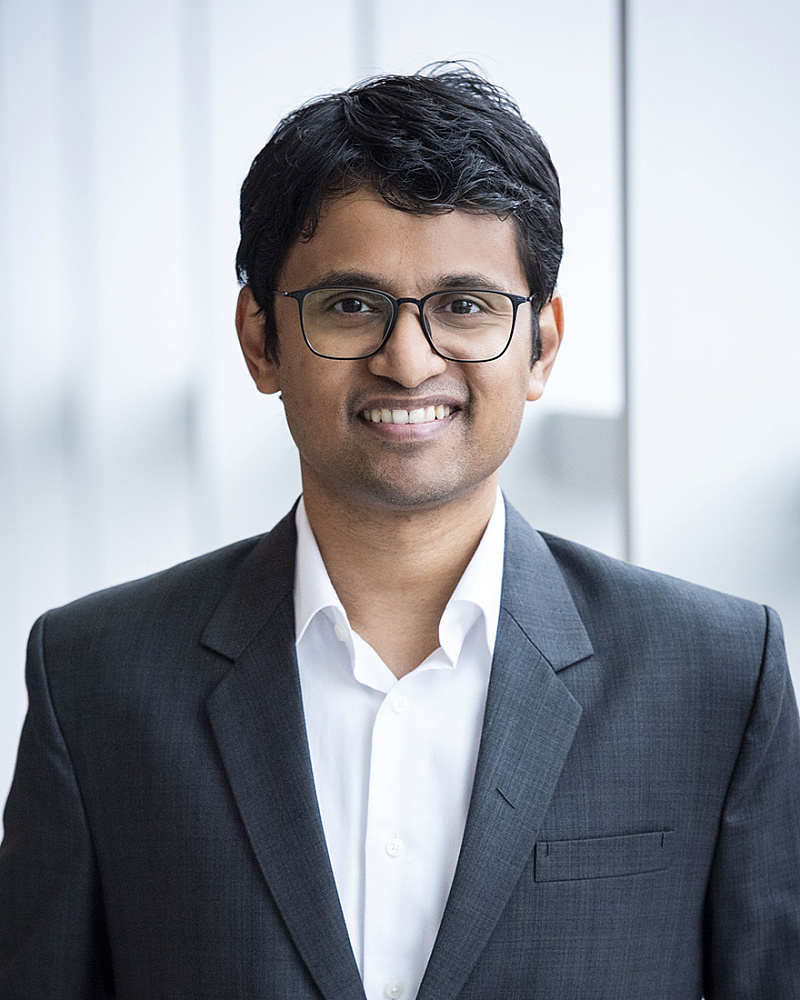
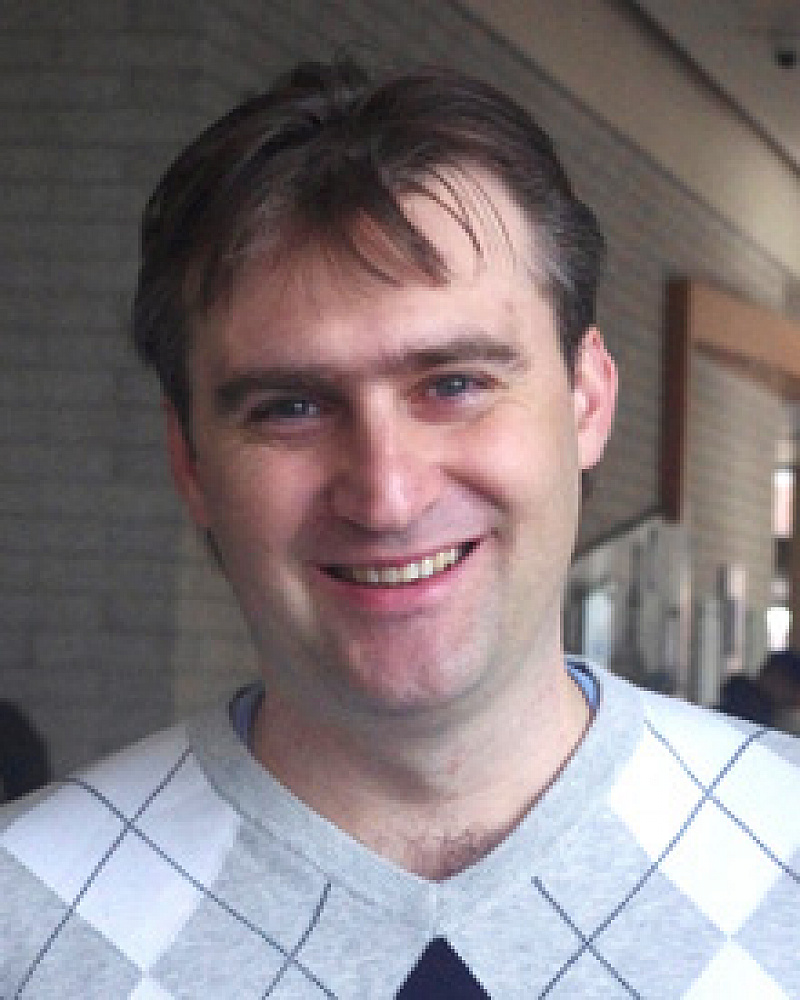

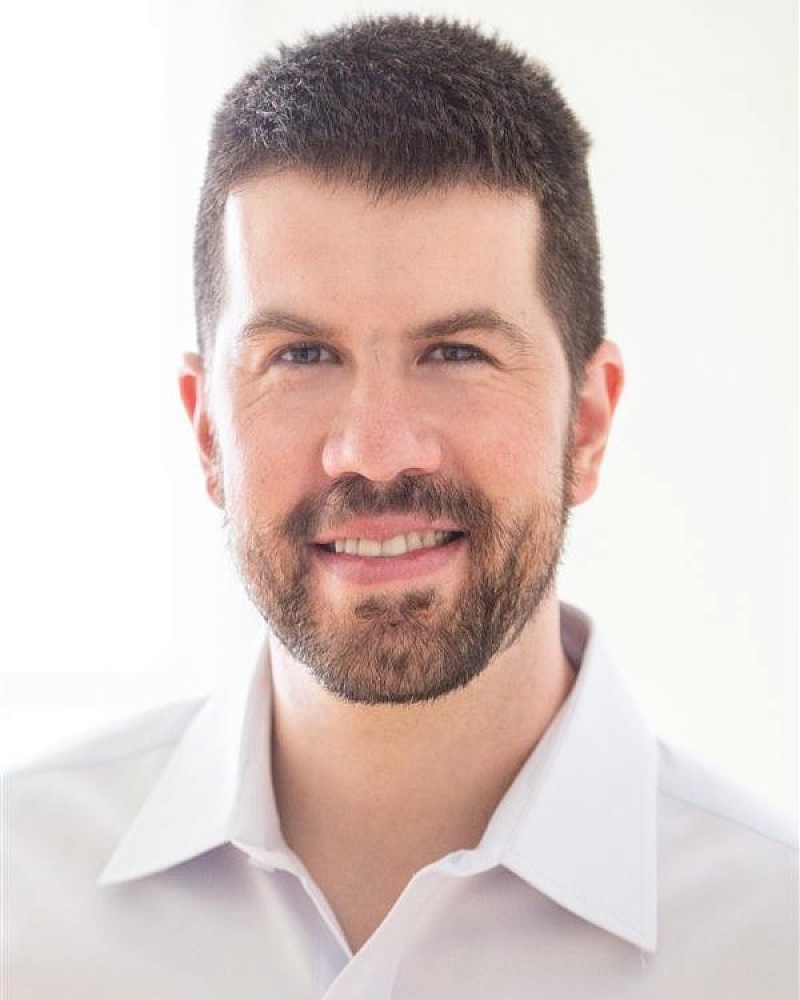


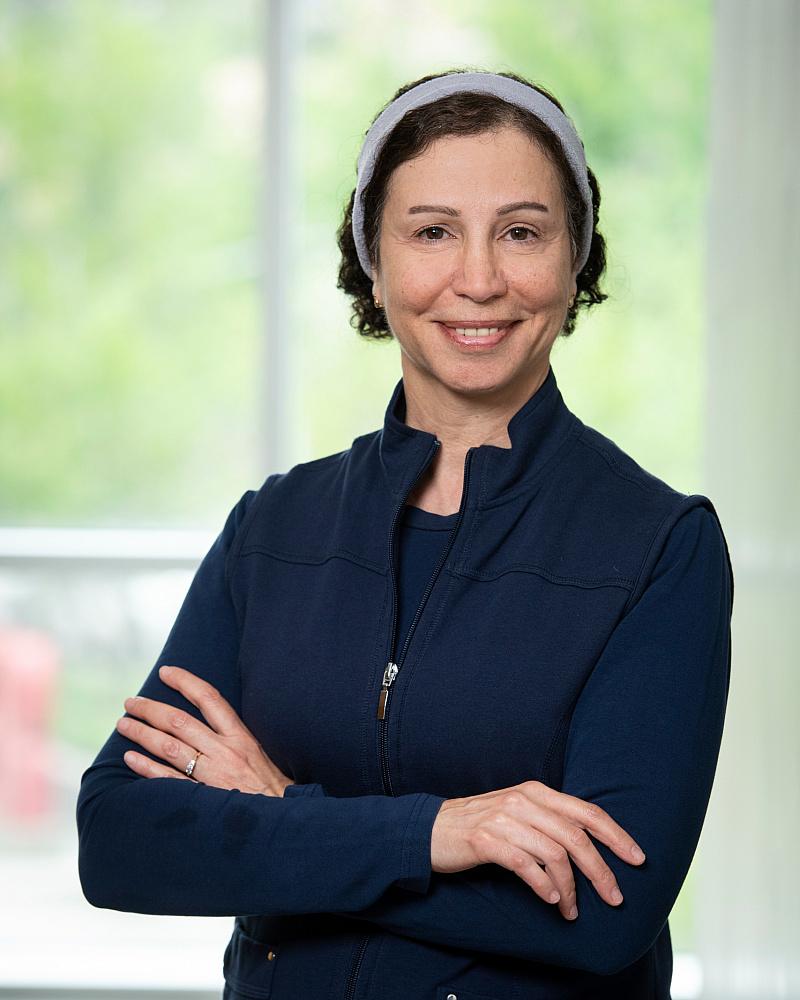
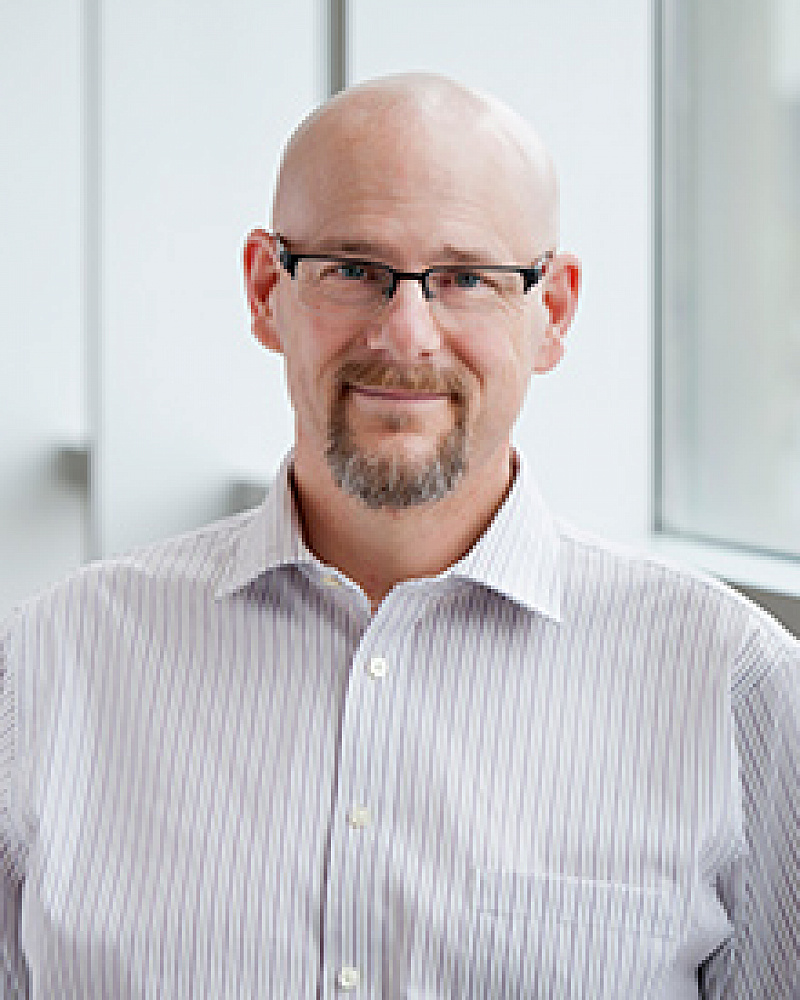
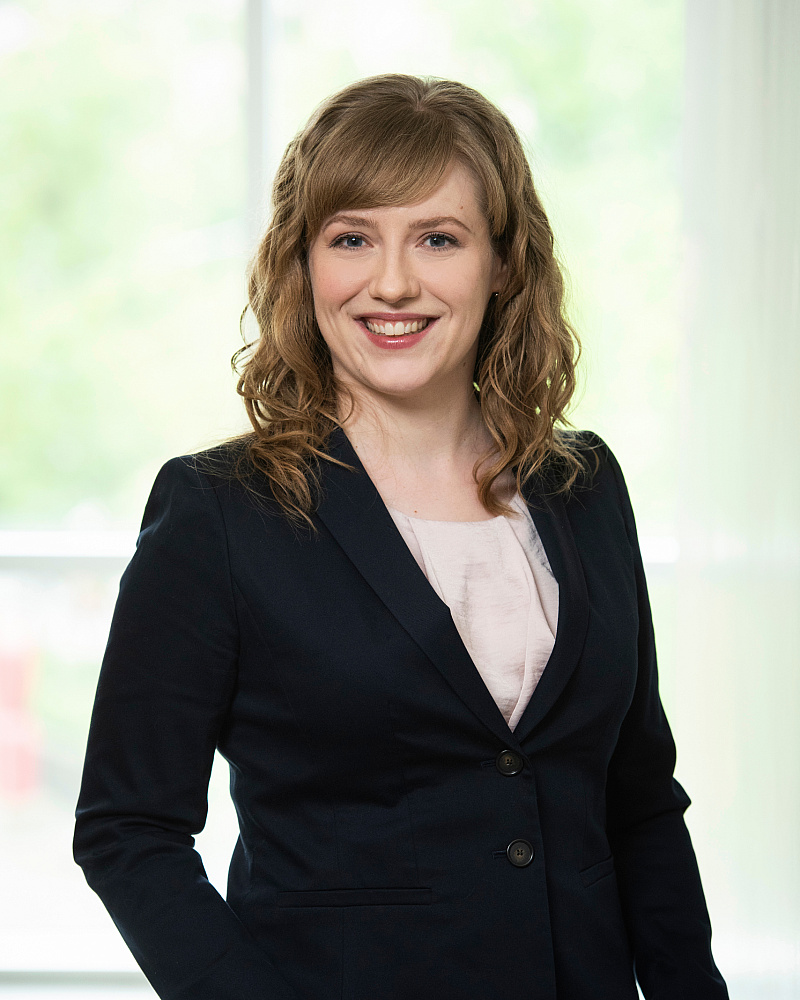
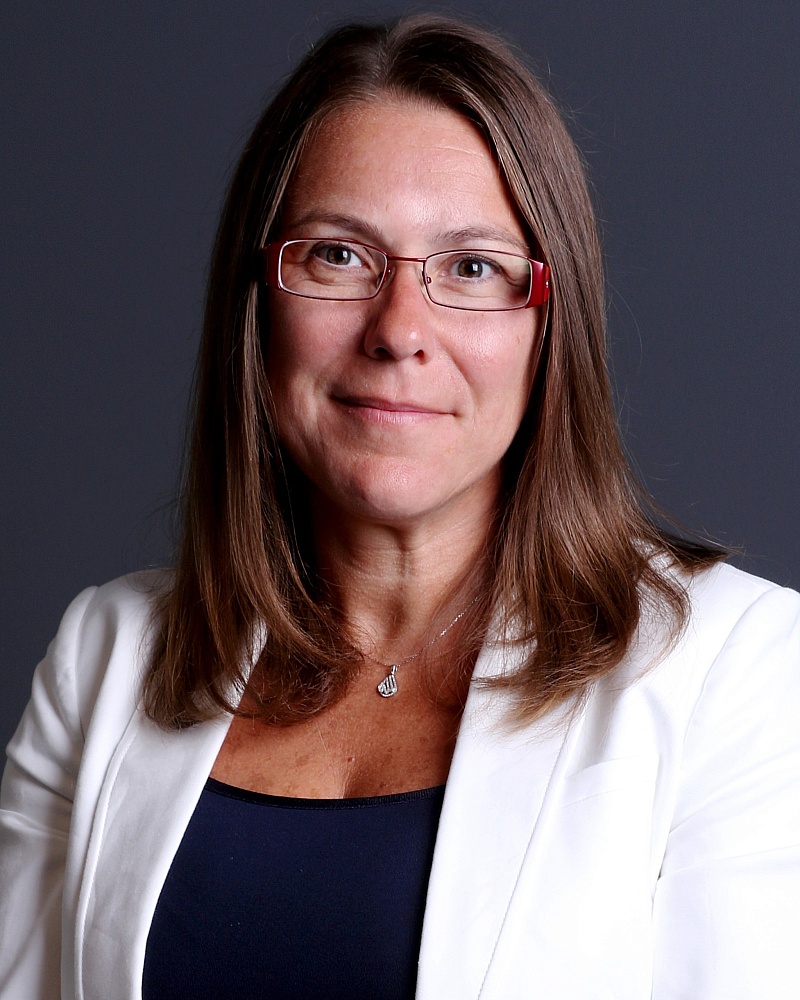
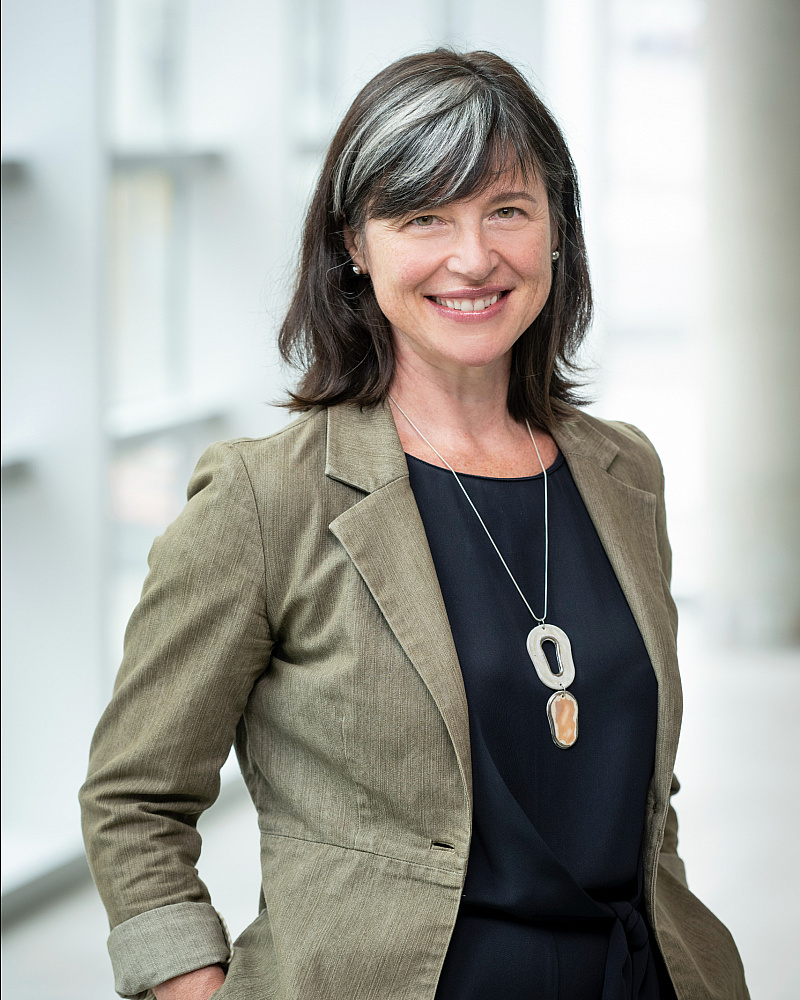








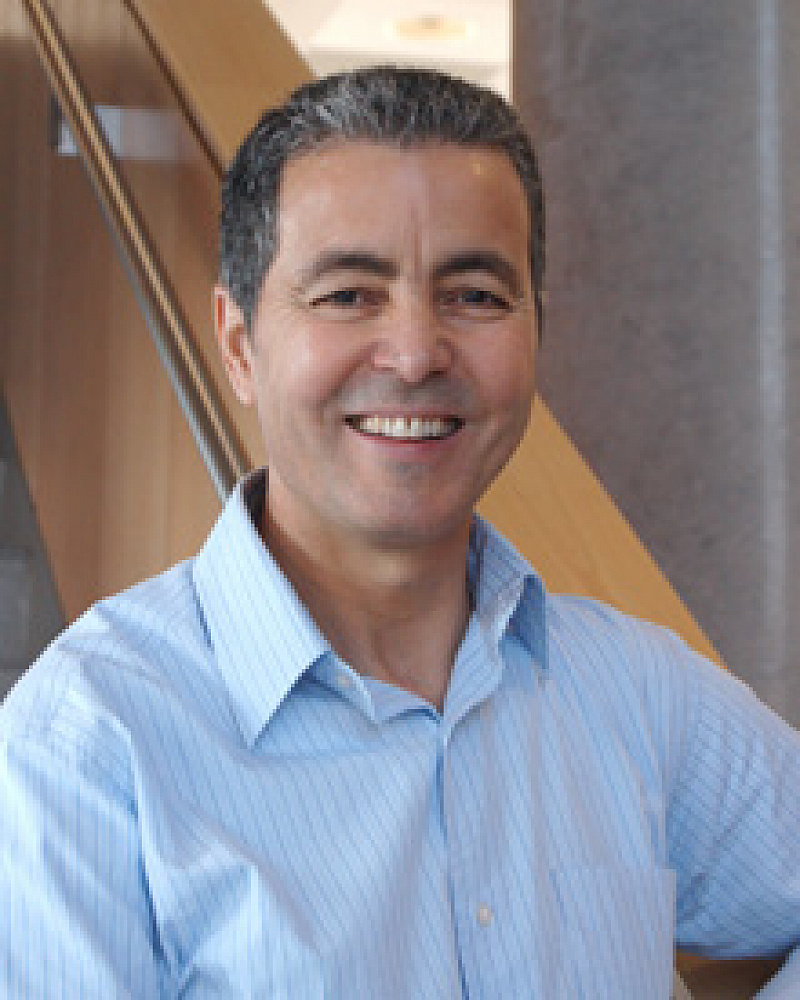
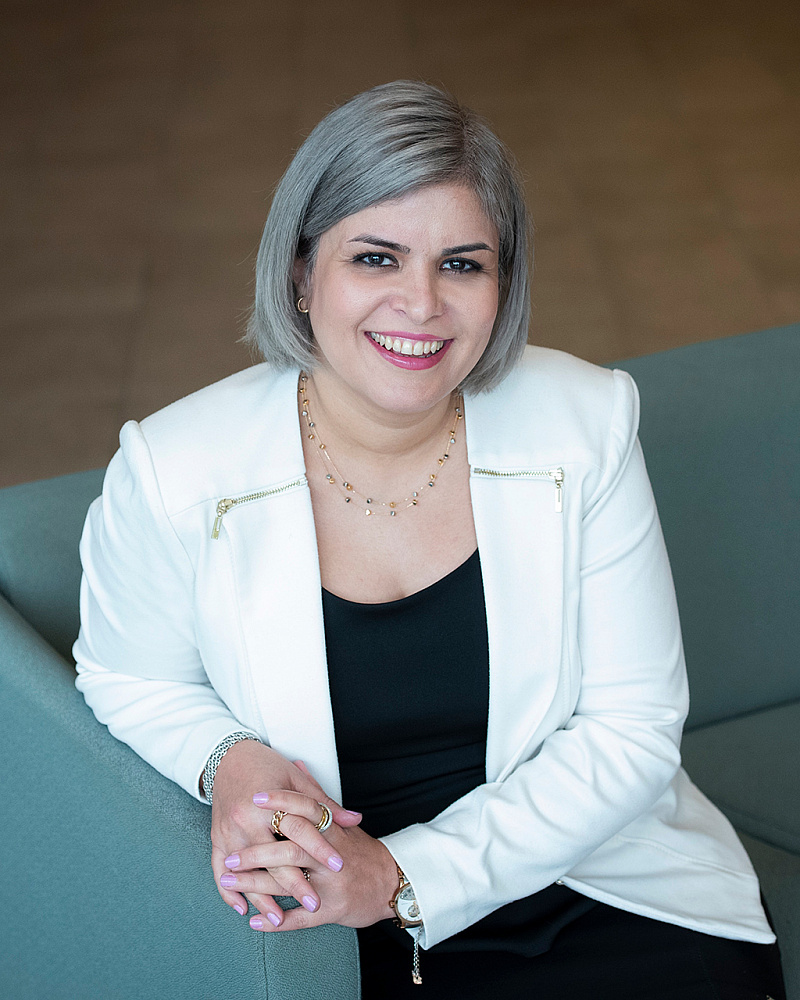
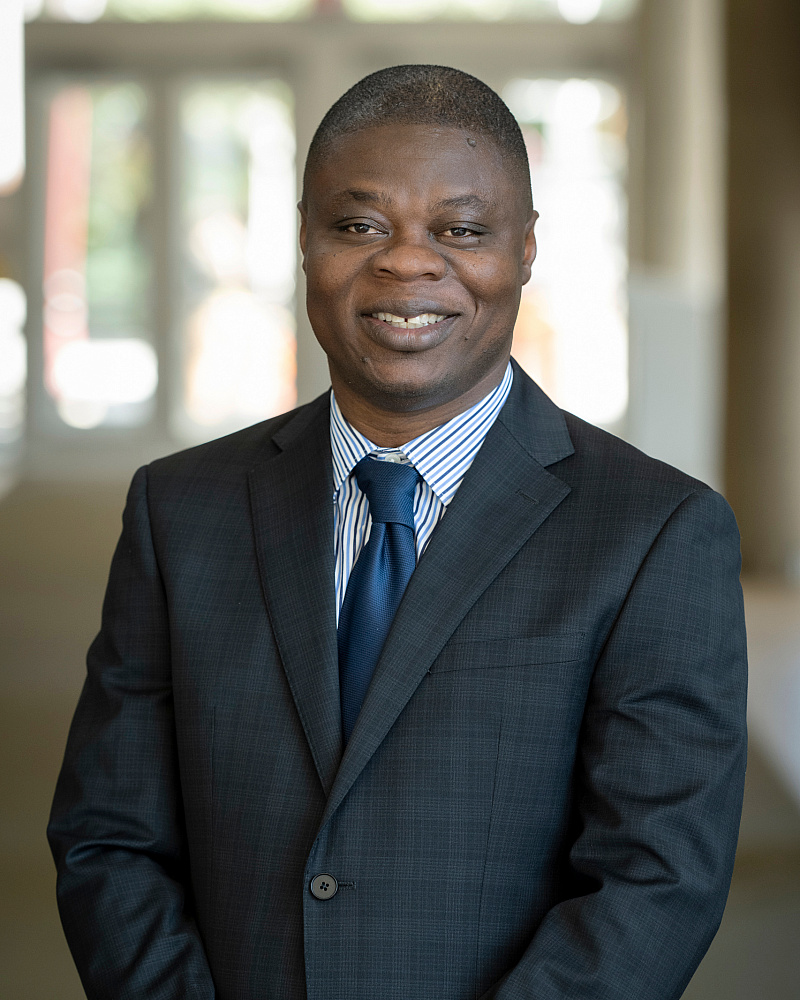

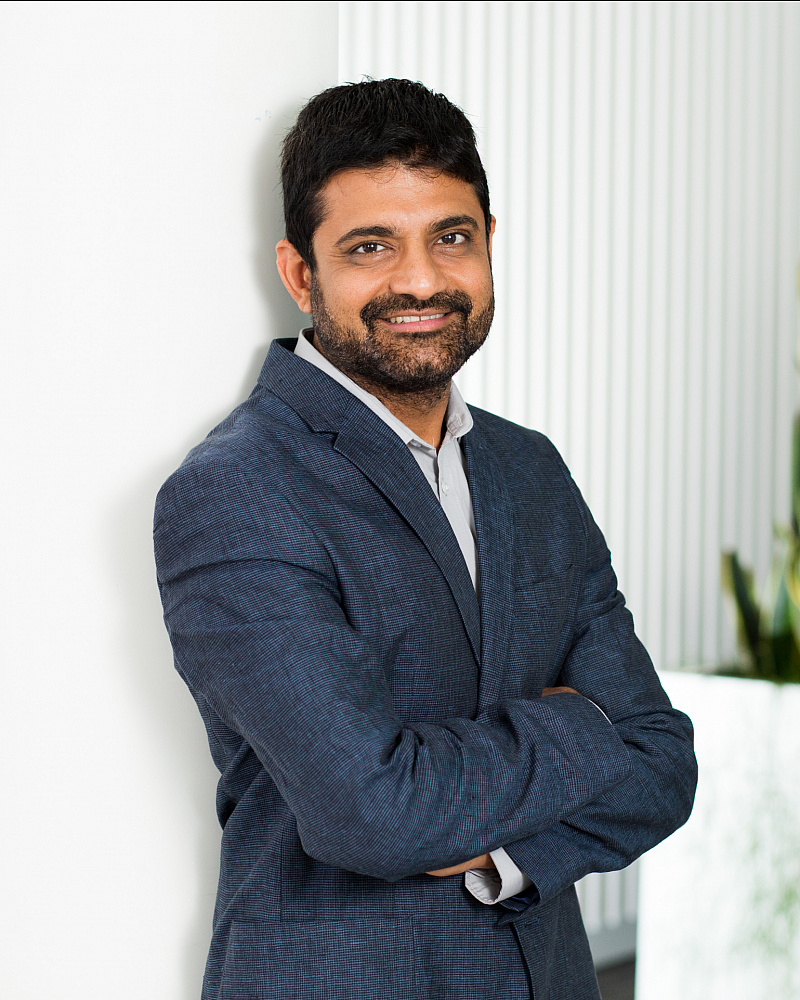

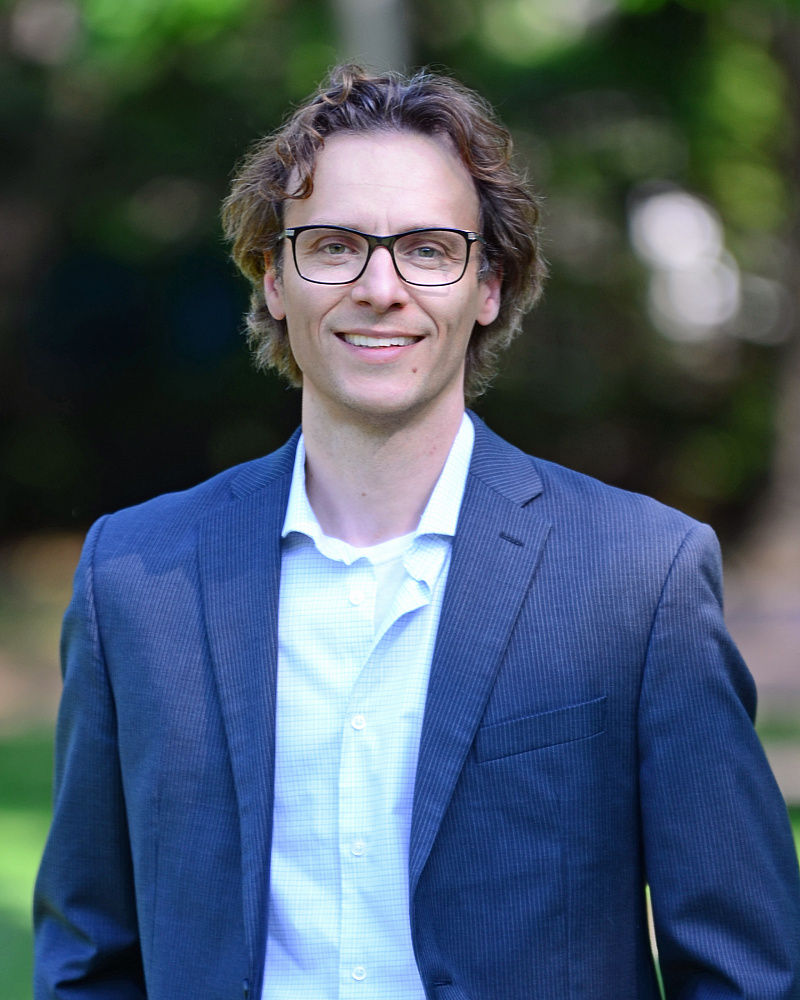
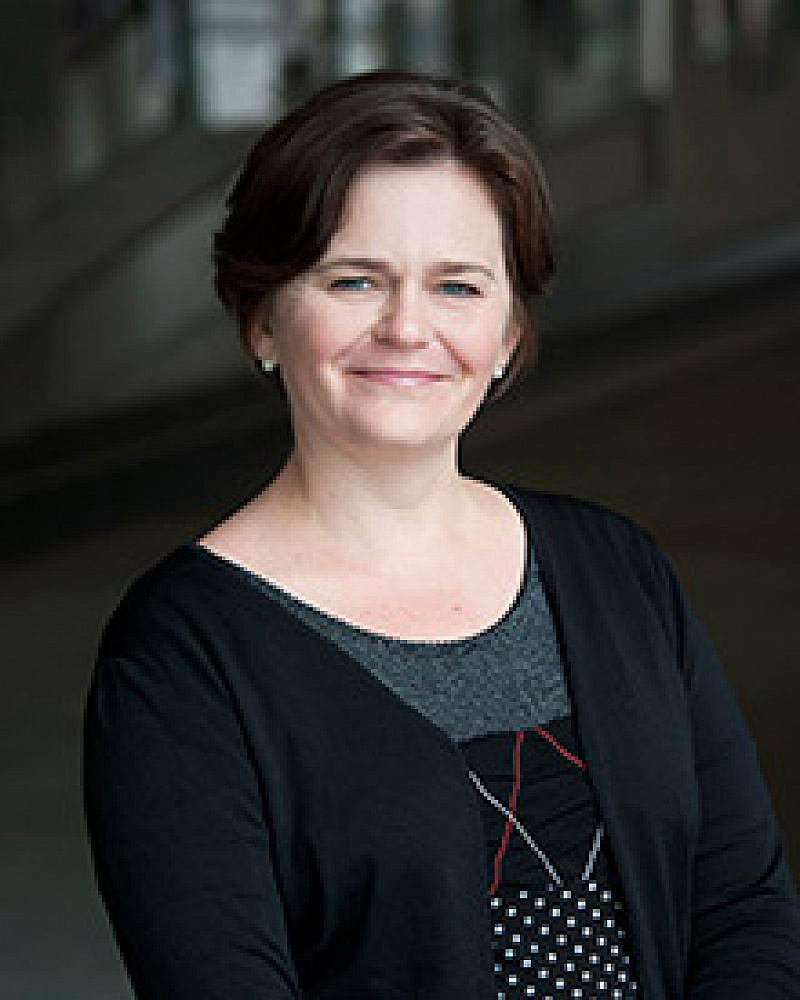



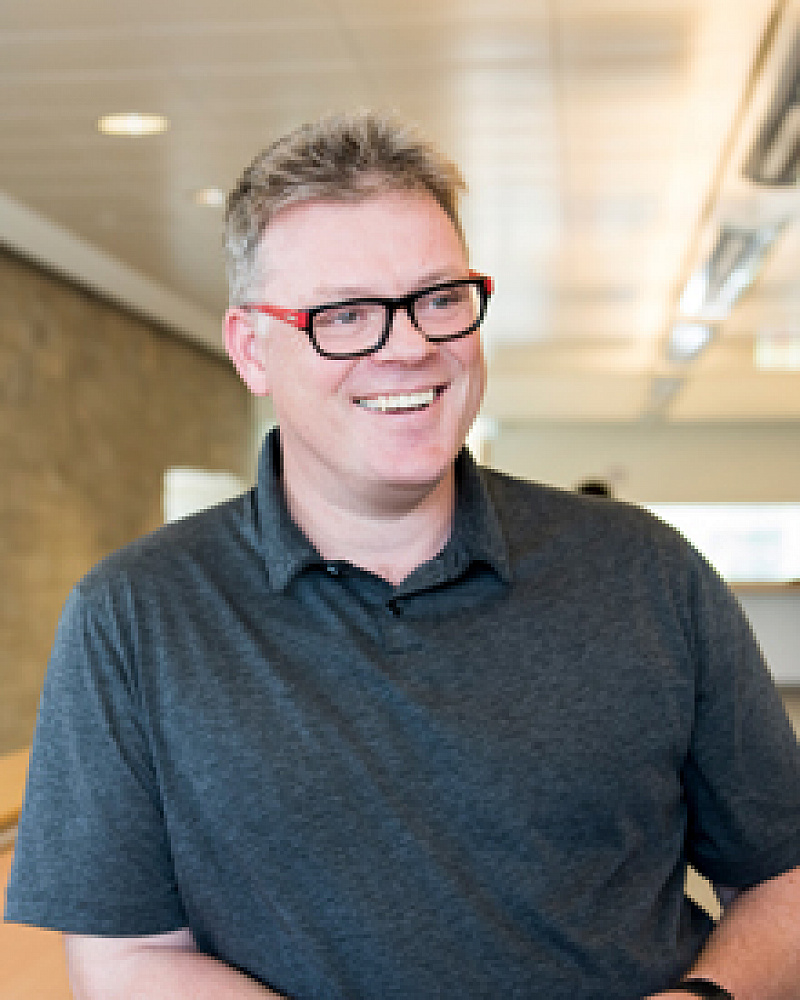
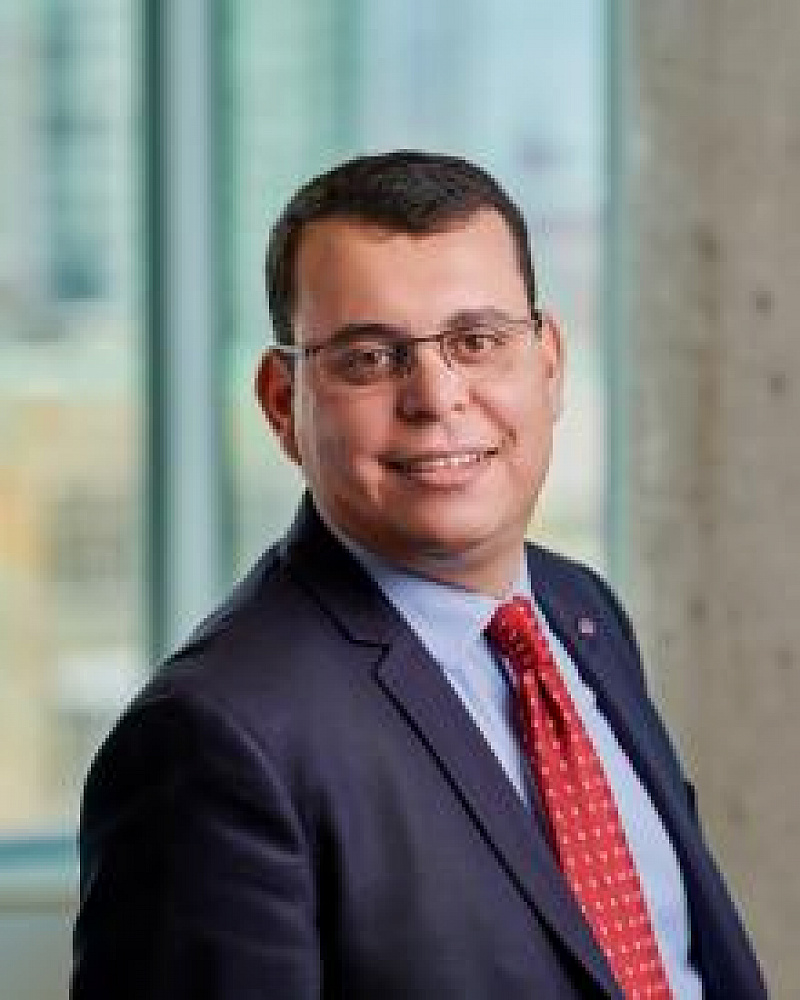
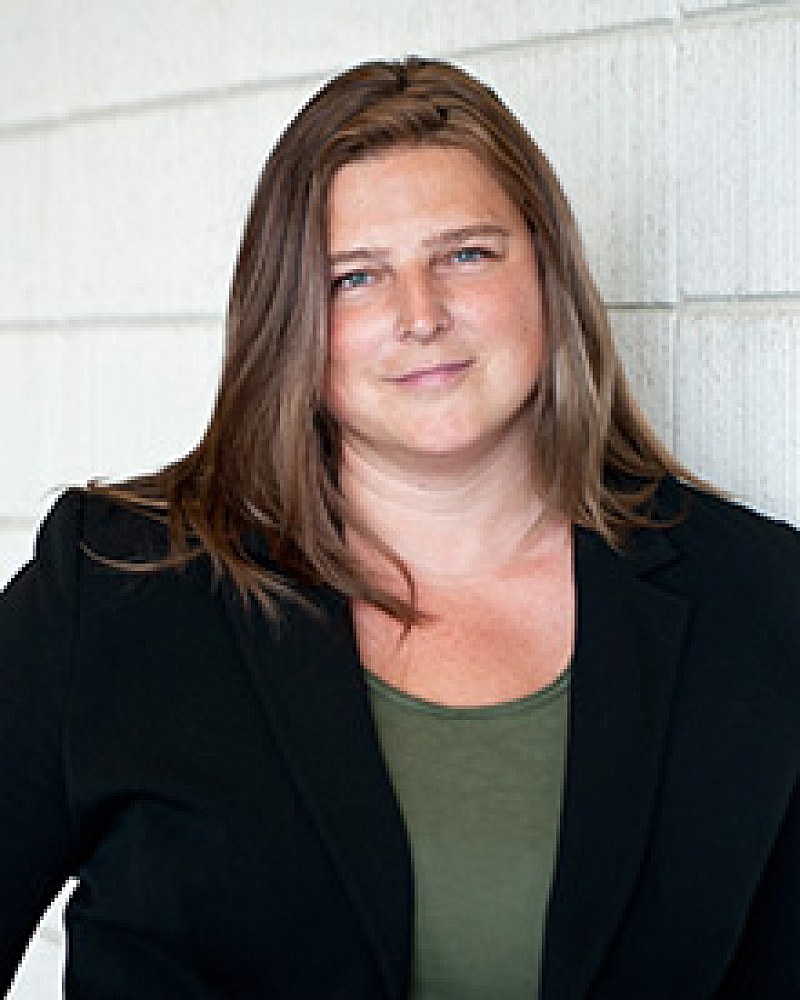
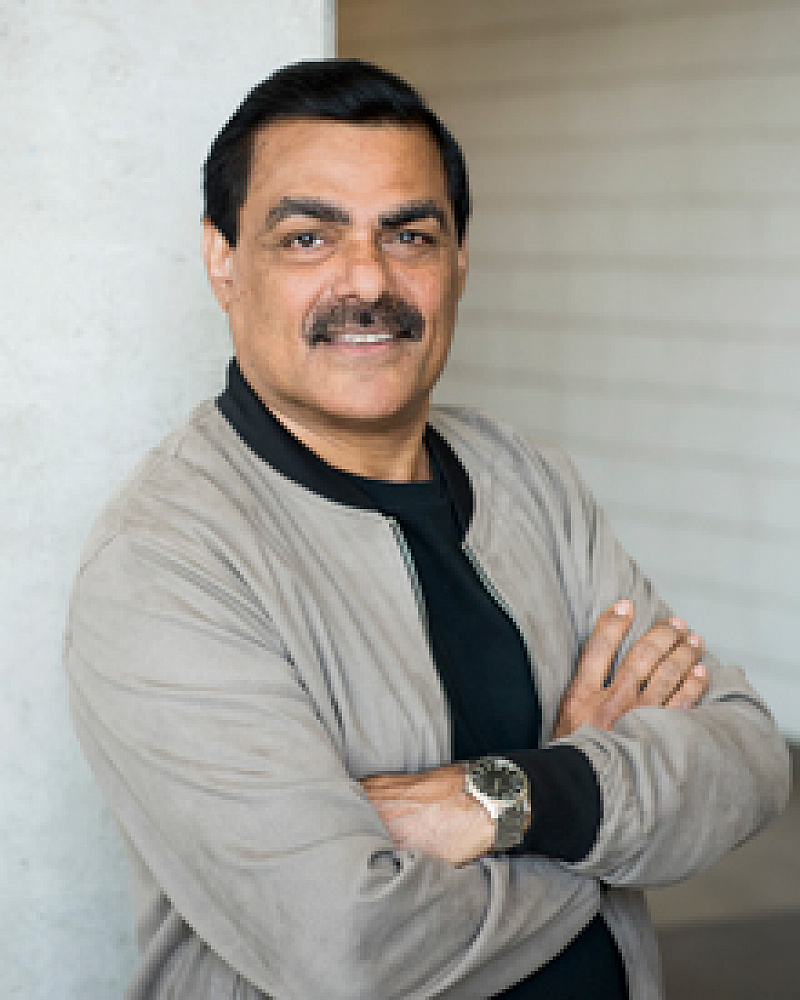

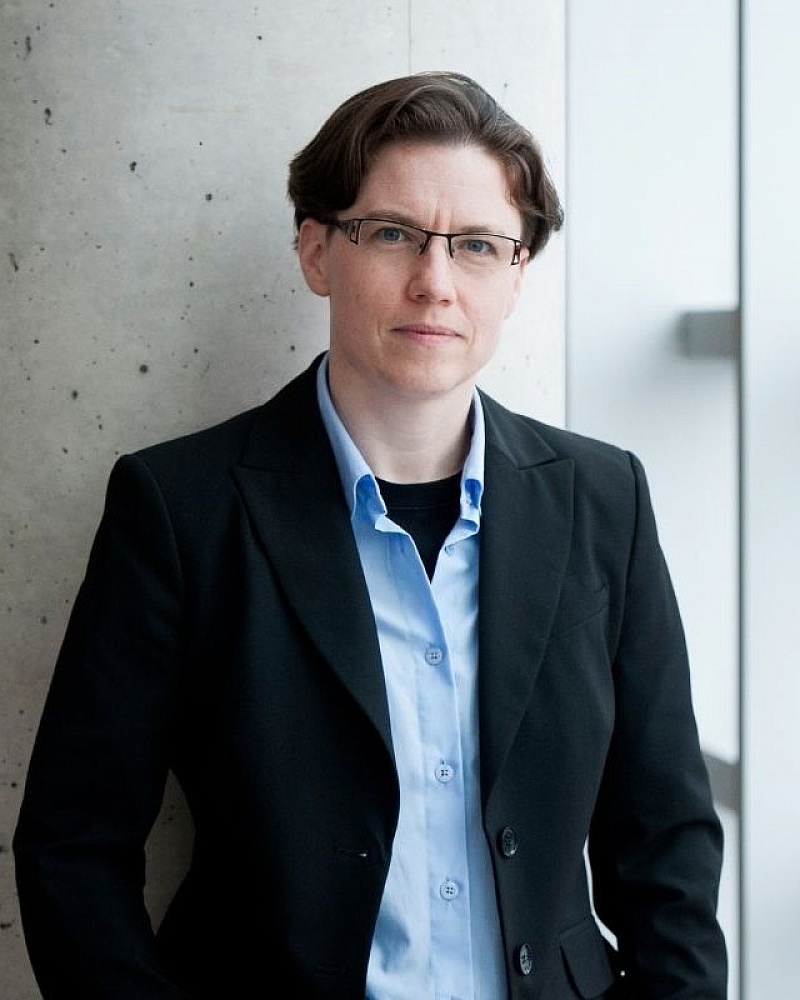

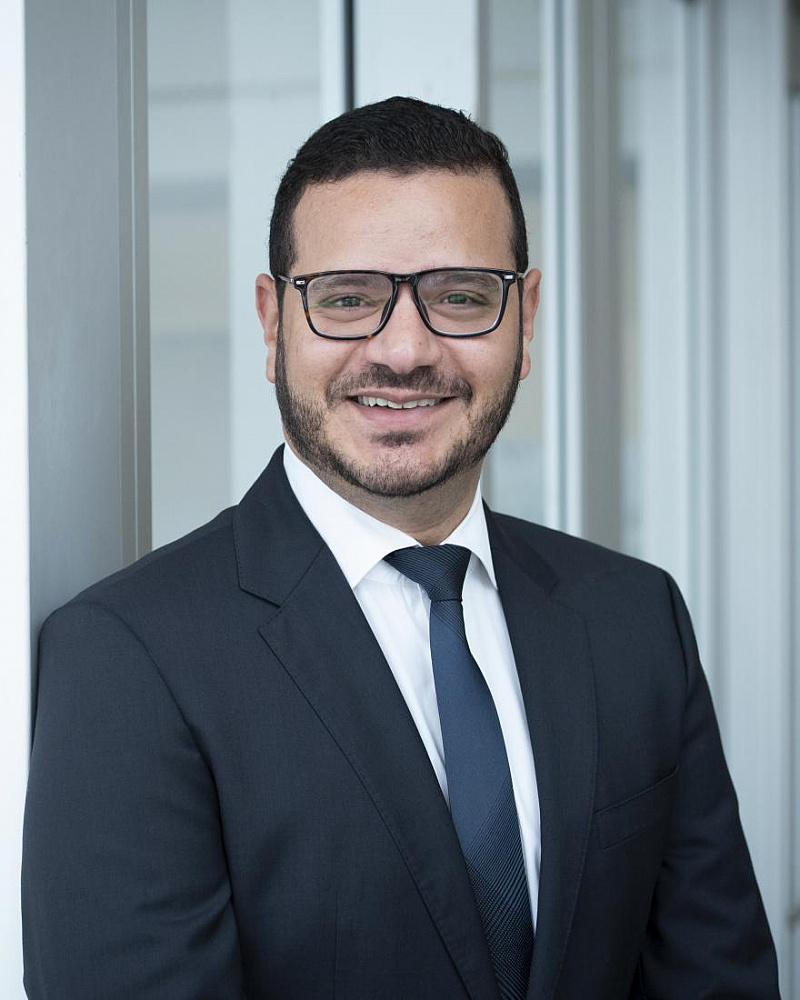
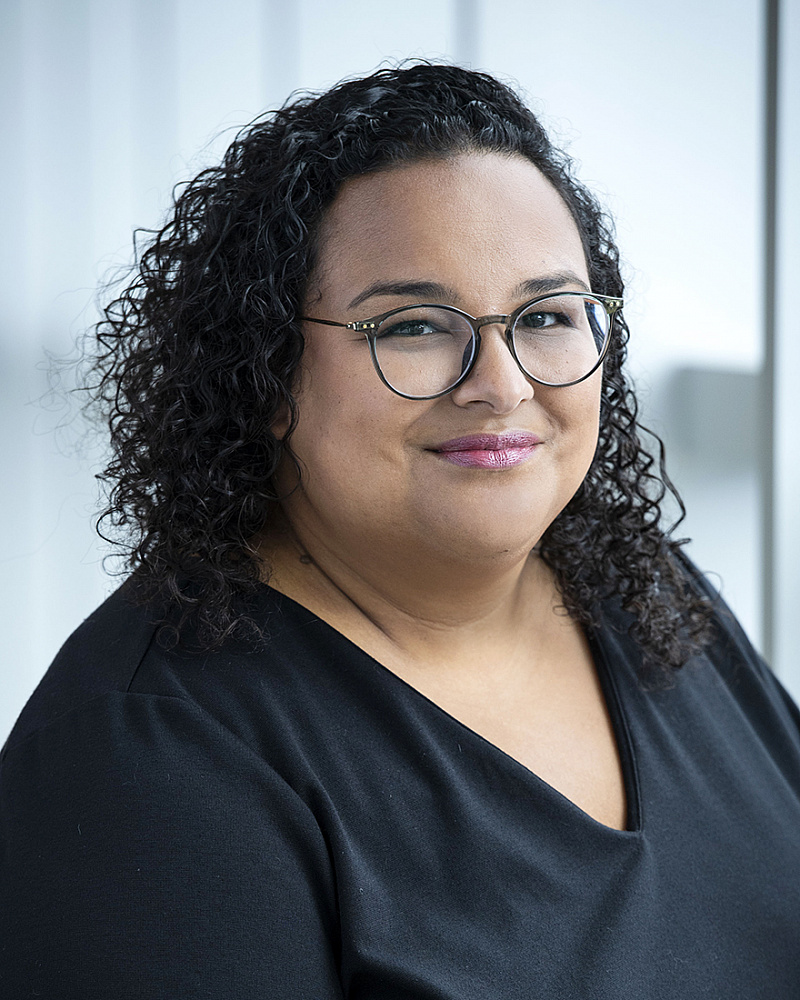
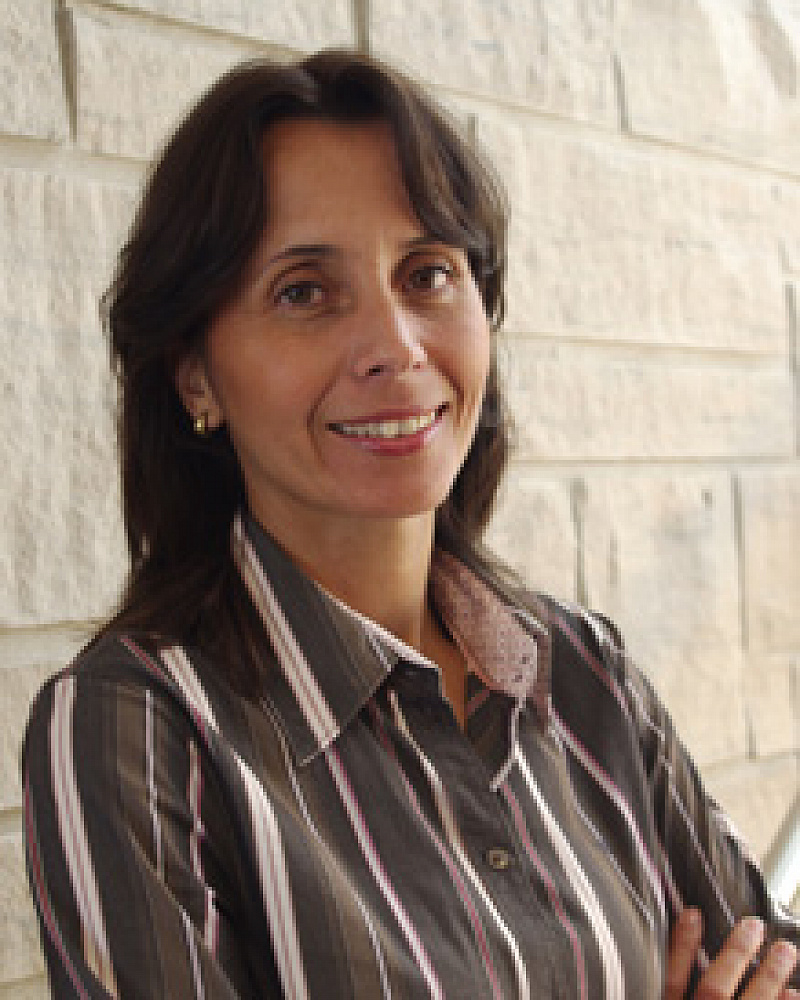
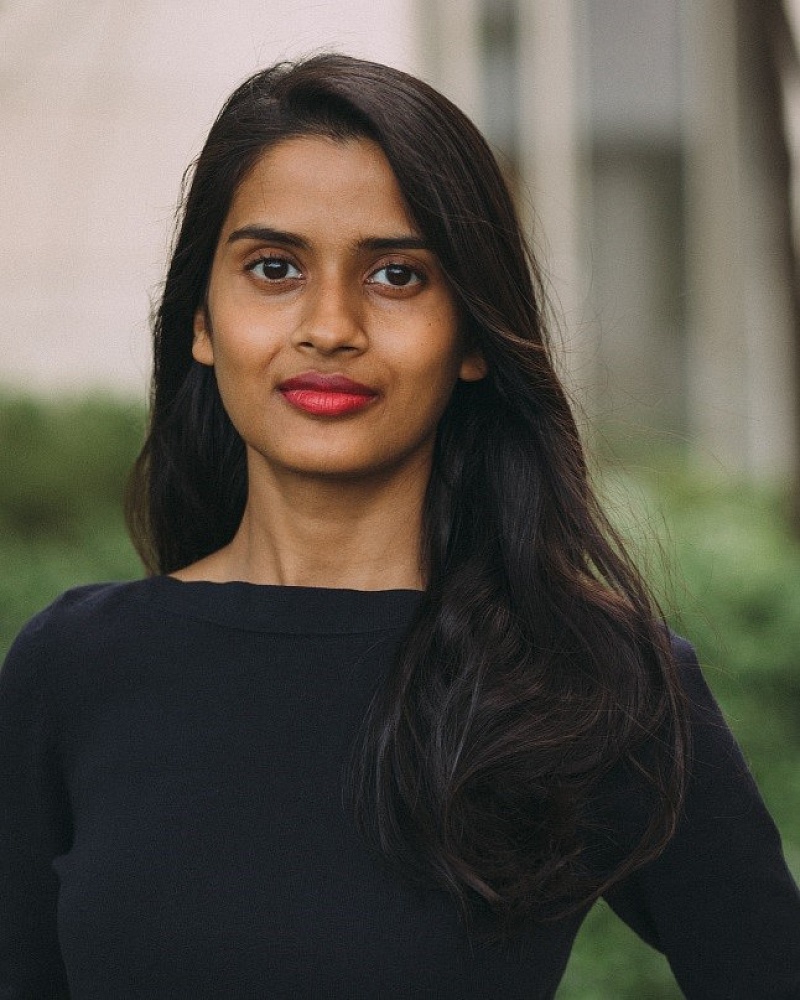
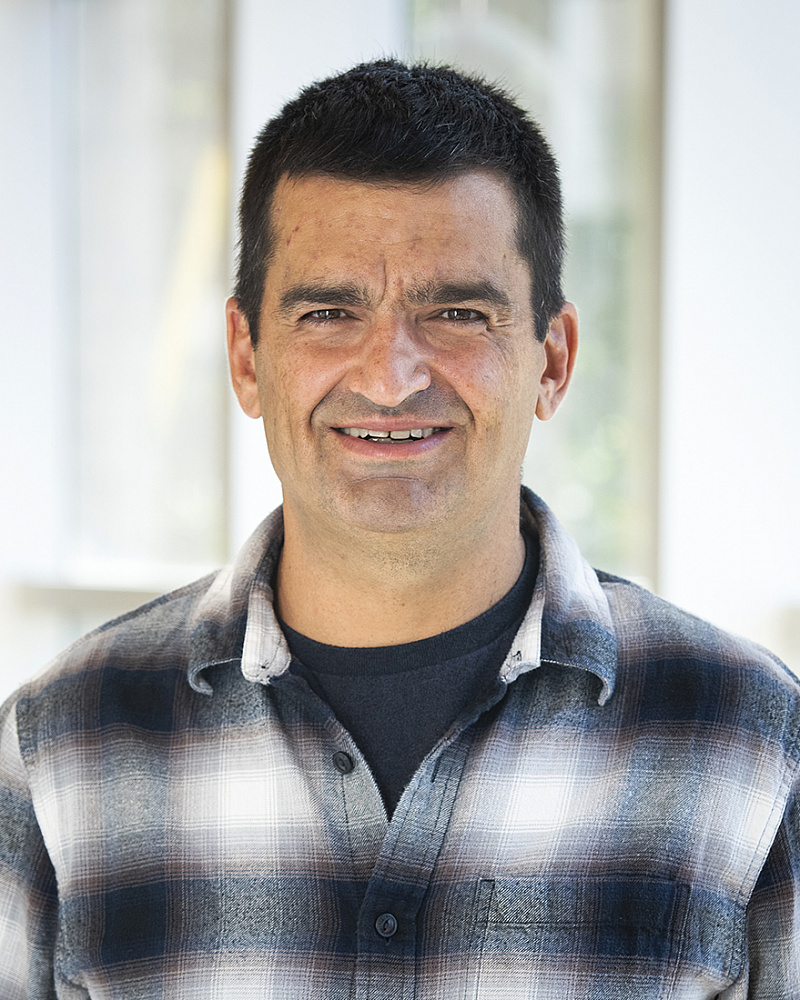
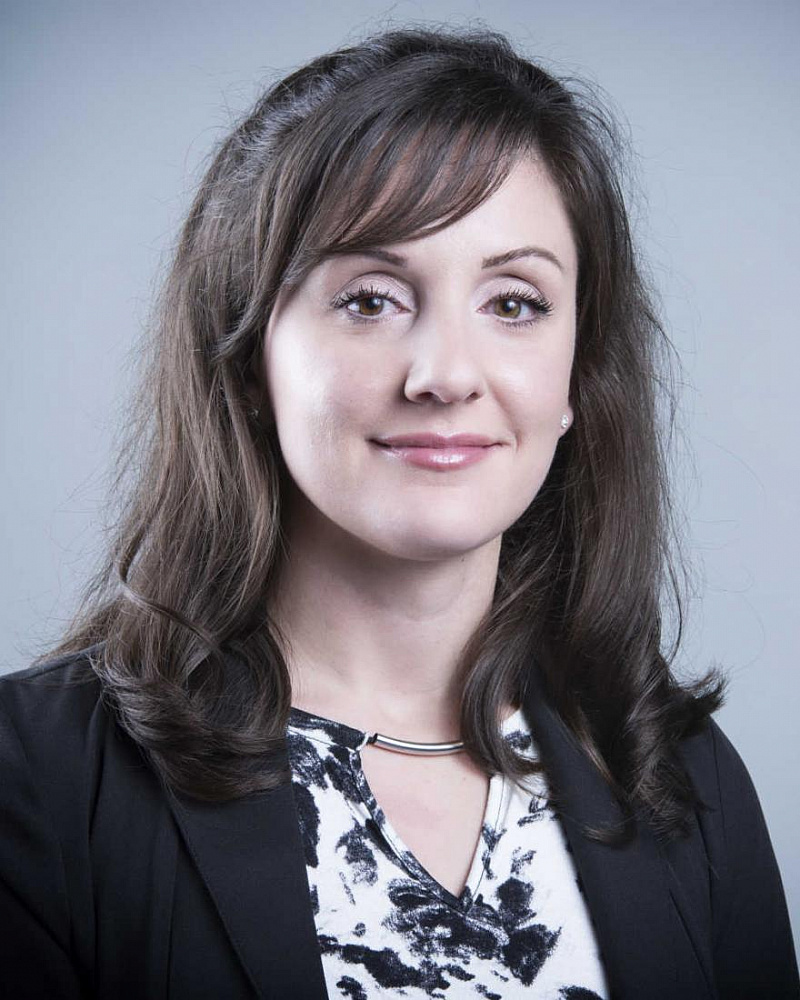
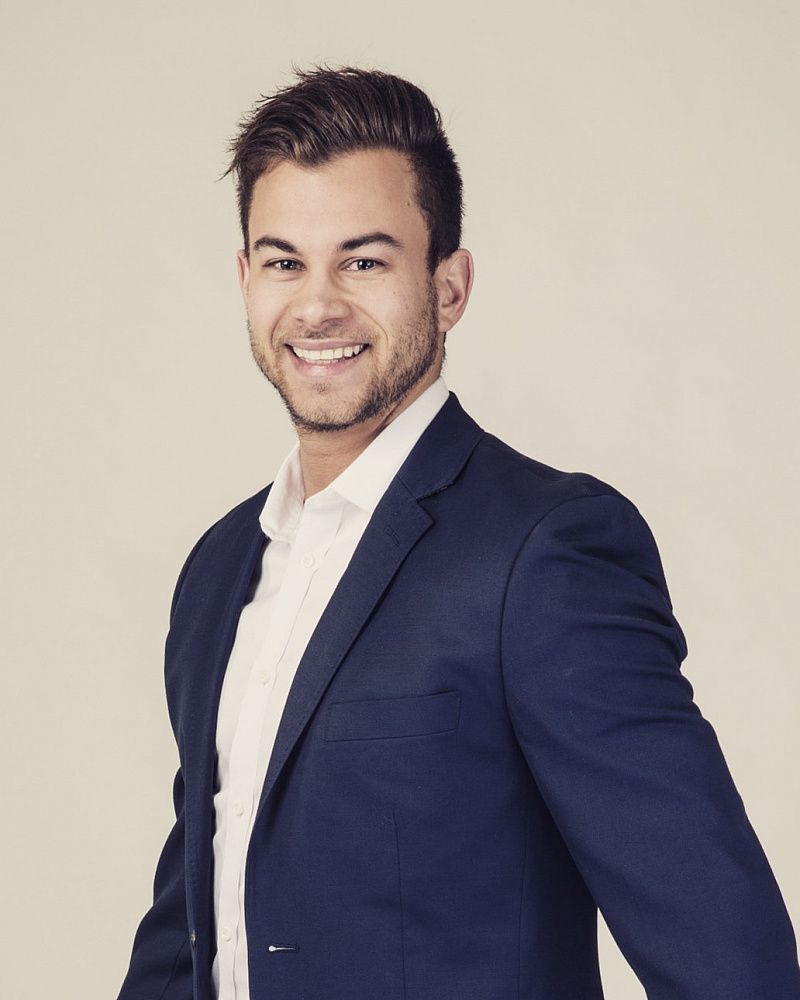
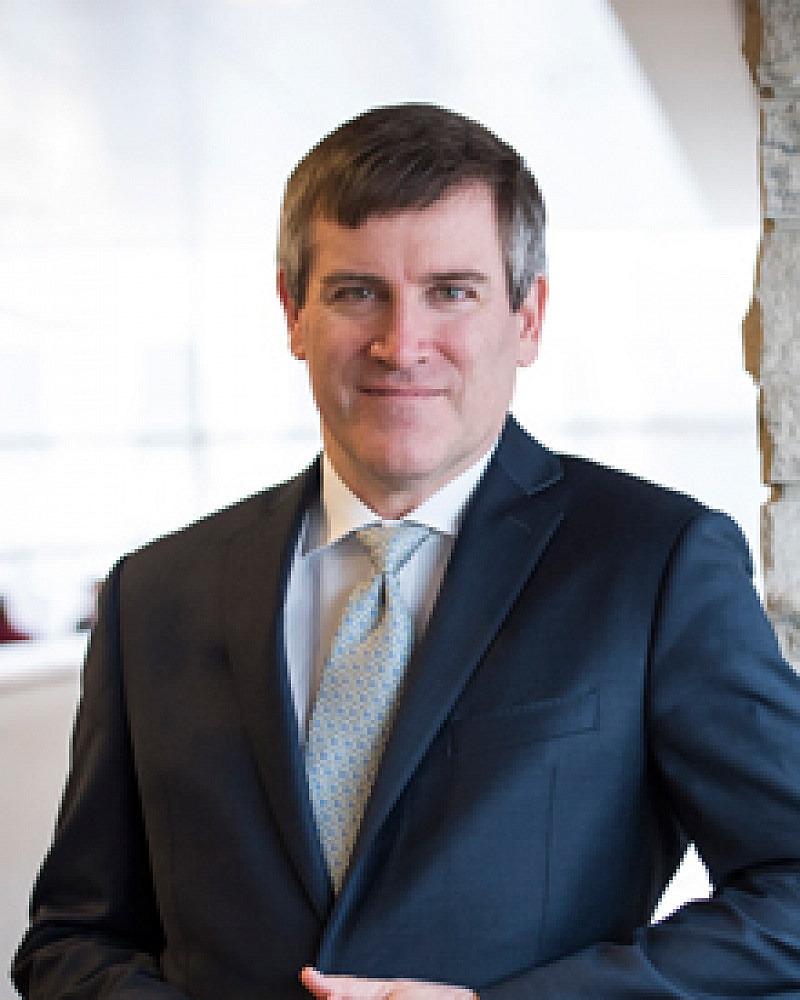
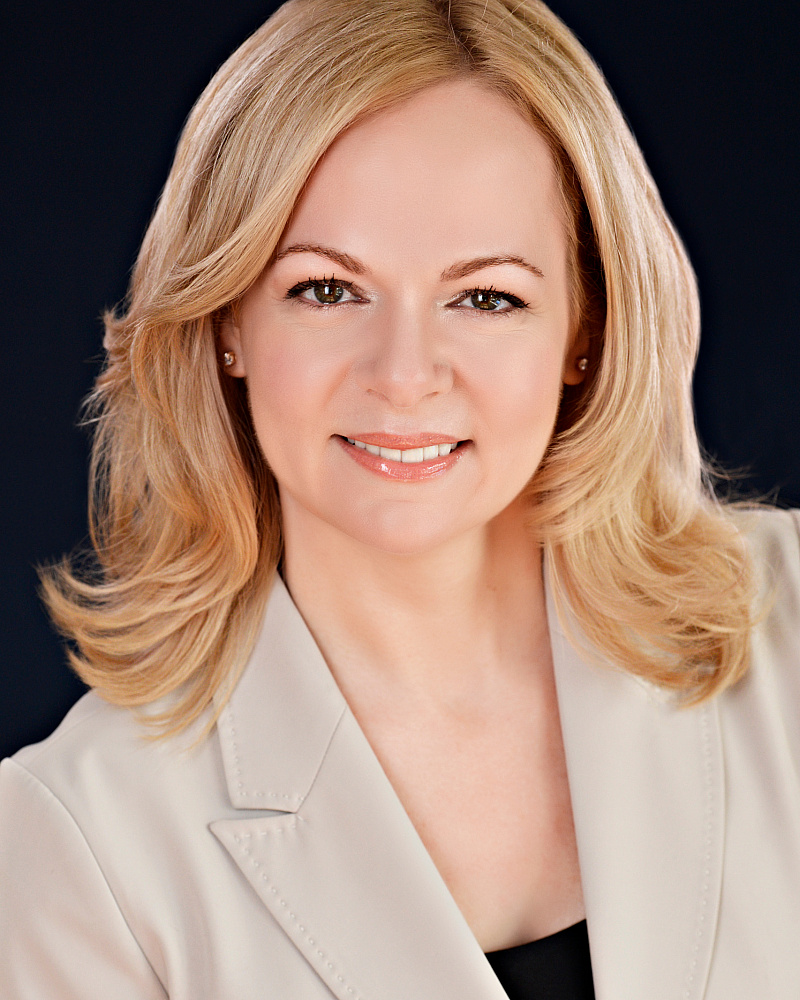

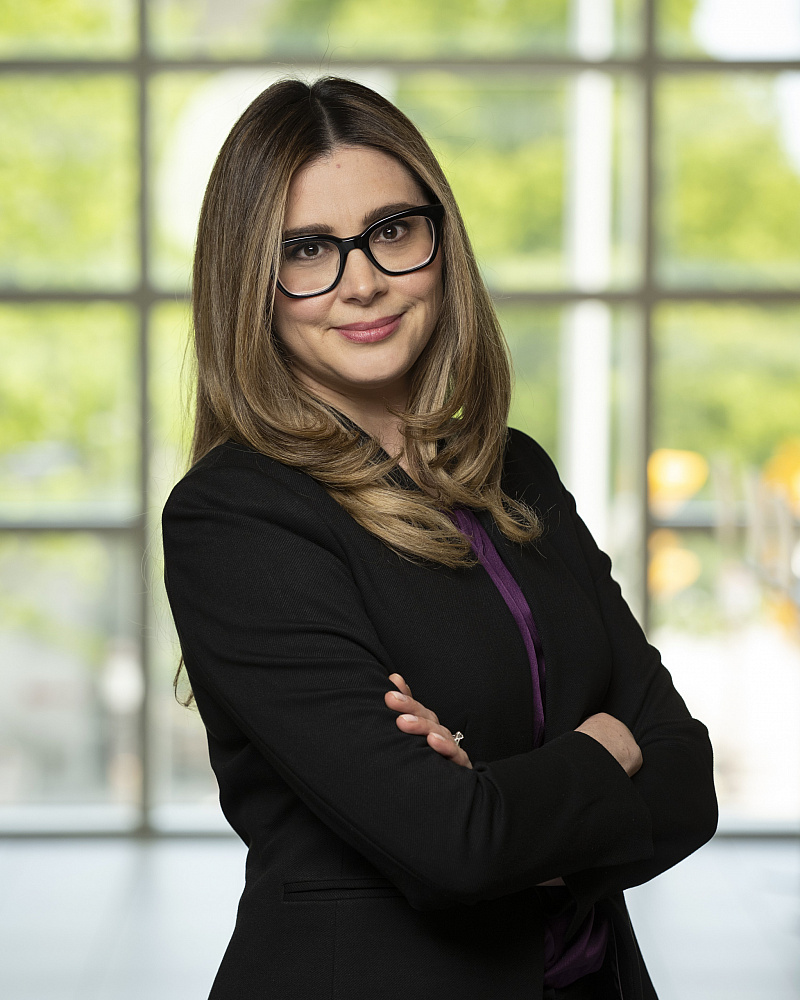
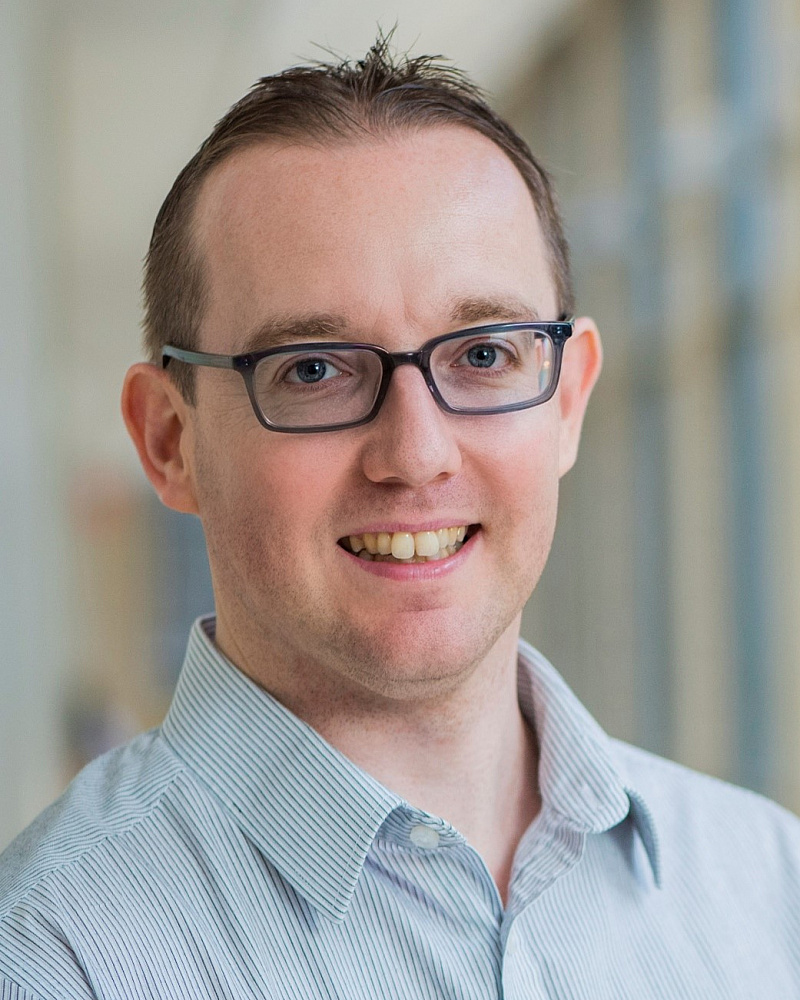
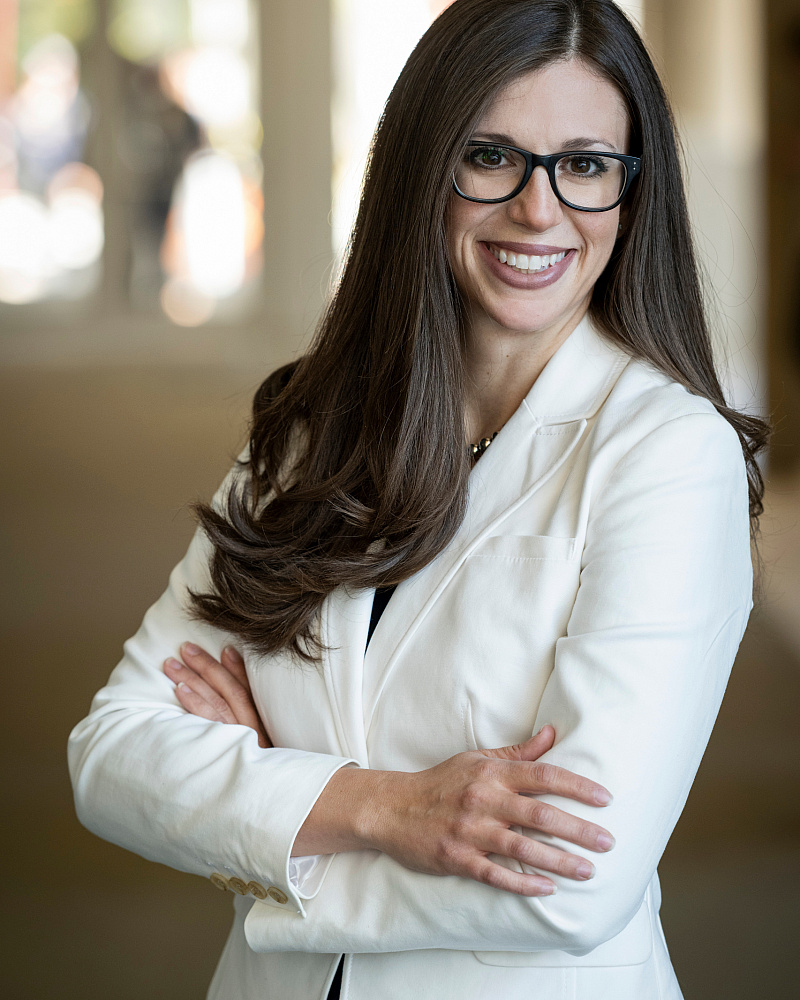
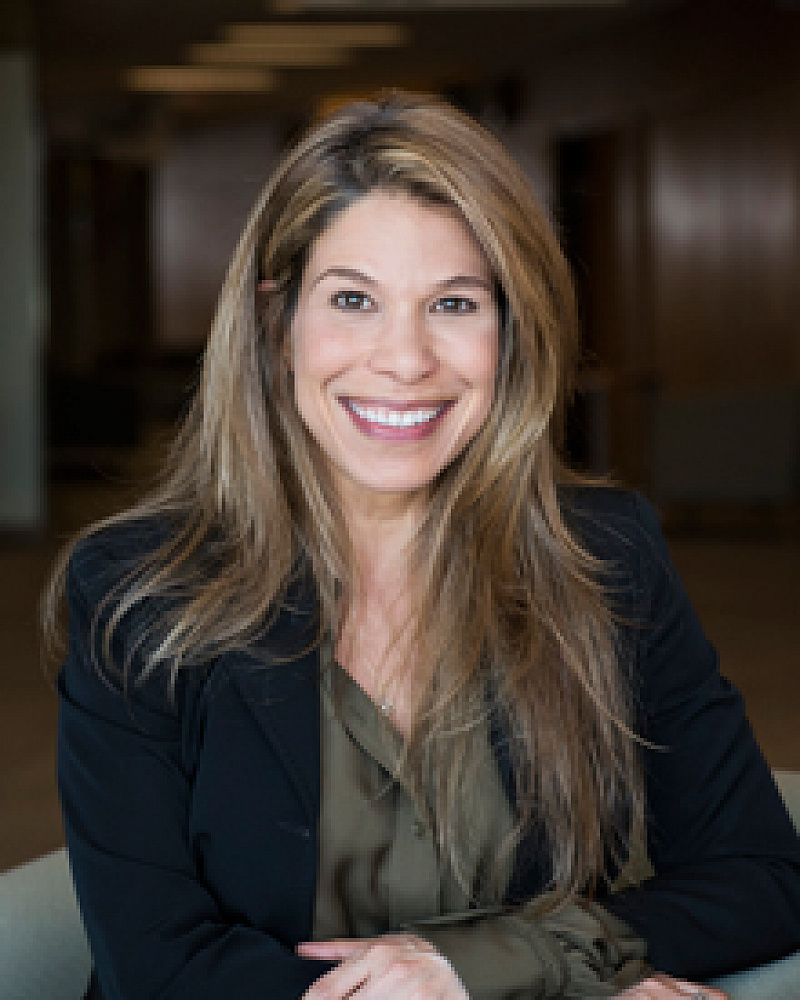


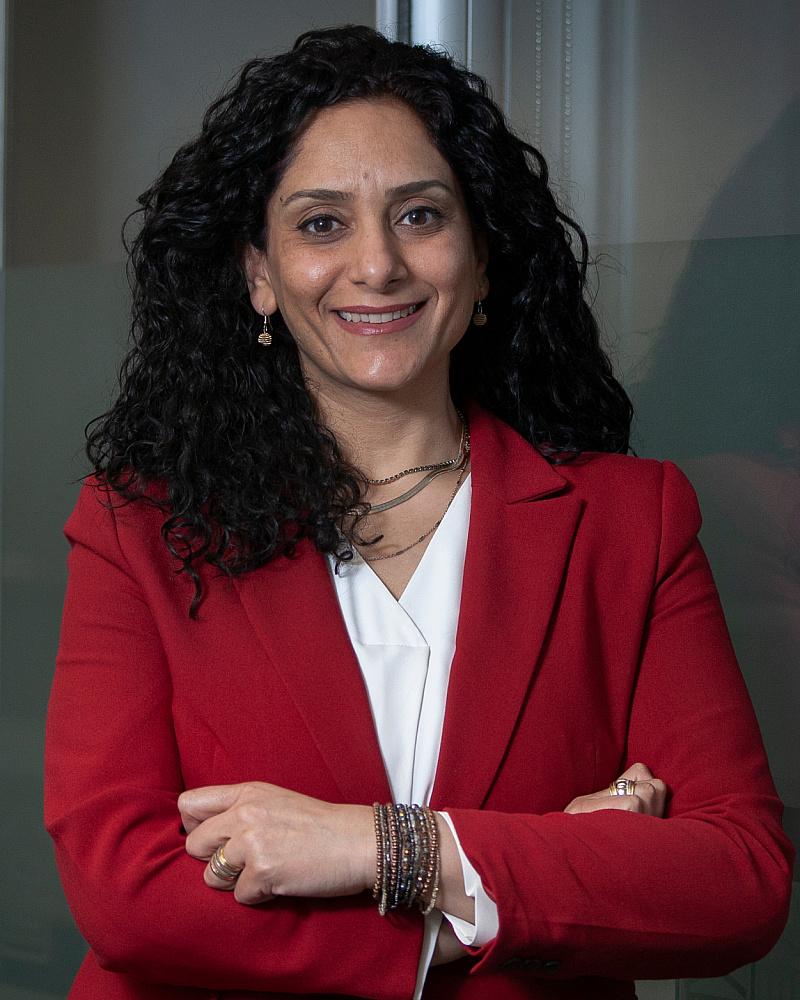
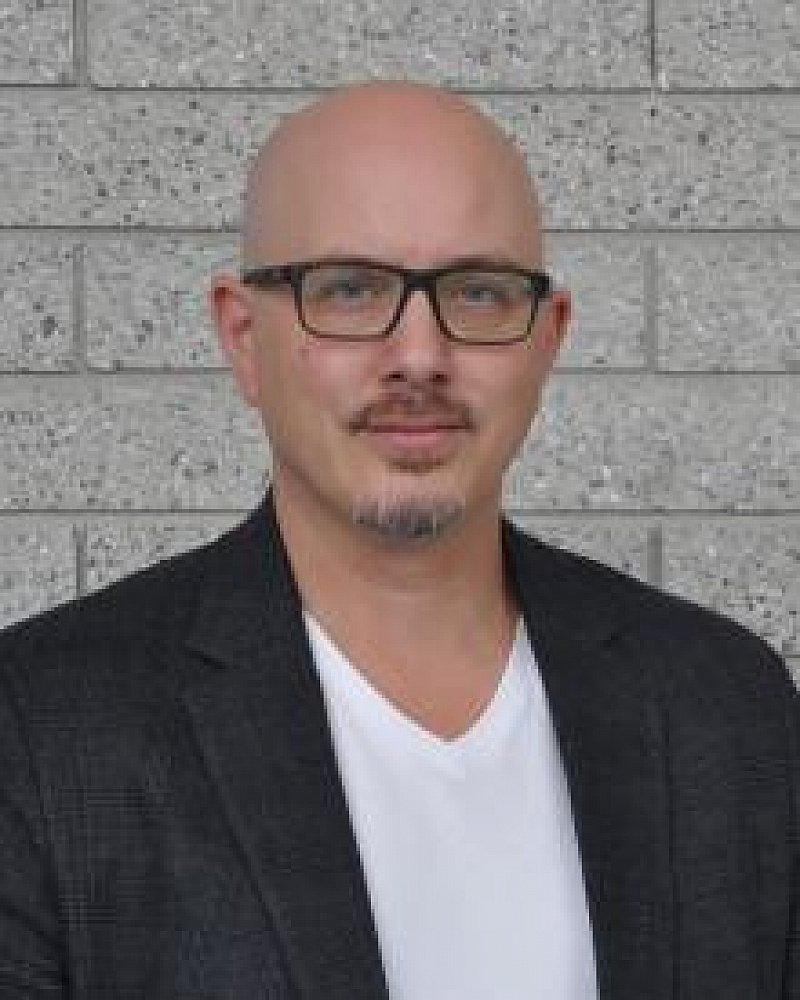
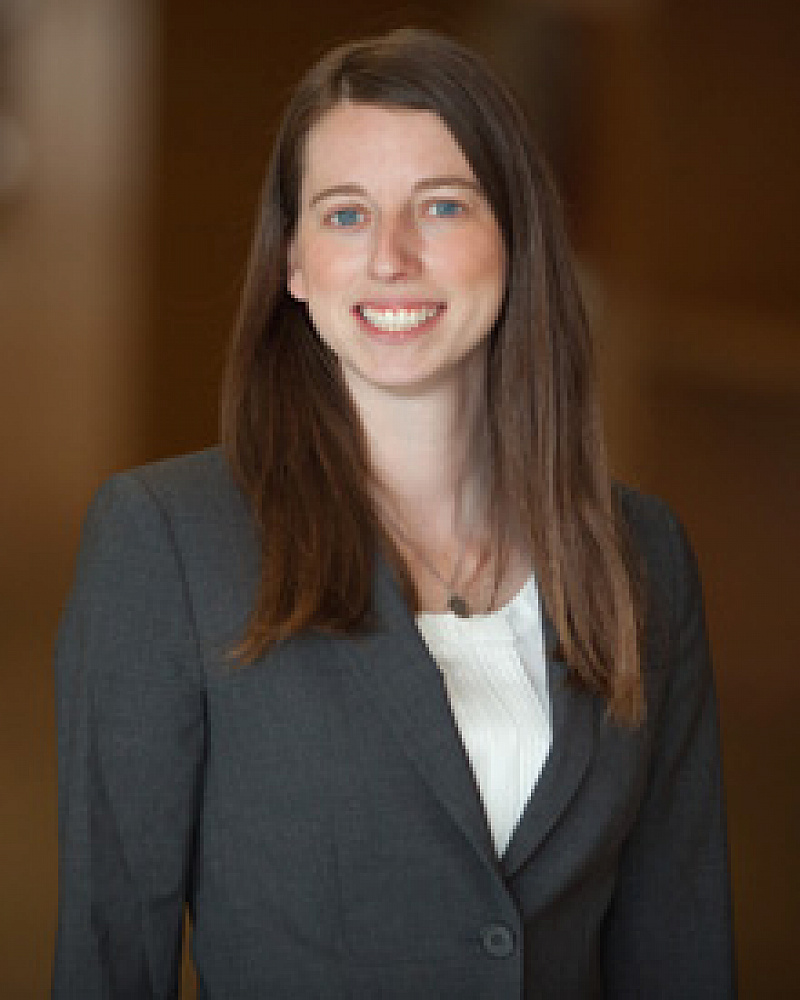

Choose a Research Question
Your research question determines the focus of your program. Work with one of the listed supervisors to solve a concrete issue throughout your program. Determine your own research question or adapt one to your interests from the list of potential questions.
How to find a supervisor
Find a thesis supervisor before you apply
Finding a thesis supervisor before you apply to the MSc in Management thesis-based program will give you a much greater advantage of gaining entry into the program if you meet all the admission requirements. By having a thesis supervisor and some idea of the topic you would like to pursue before you apply, you show the admissions committee that you are ready to start your research journey.
Find a project supervisor while in the program
Finding a project supervisor before you apply to the MSc in Management project-based program is recommended but is not a requirement. Having an idea of your research question before applying will demonstrate to the admissions committee that you are ready to start your research journey. It will also assist our researchers to self-identify as potential supervisors.
Once enrolled in the program, you will have the opportunity to get to know our professors and have a better sense of whom you want to work alongside.
You may select your project supervisor at any time or during your first two terms of the program.

